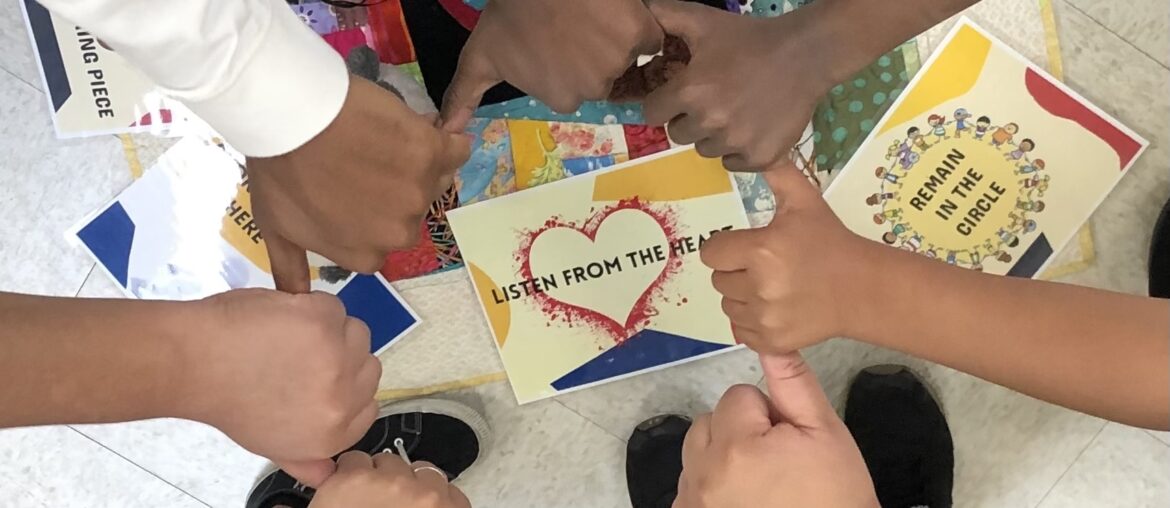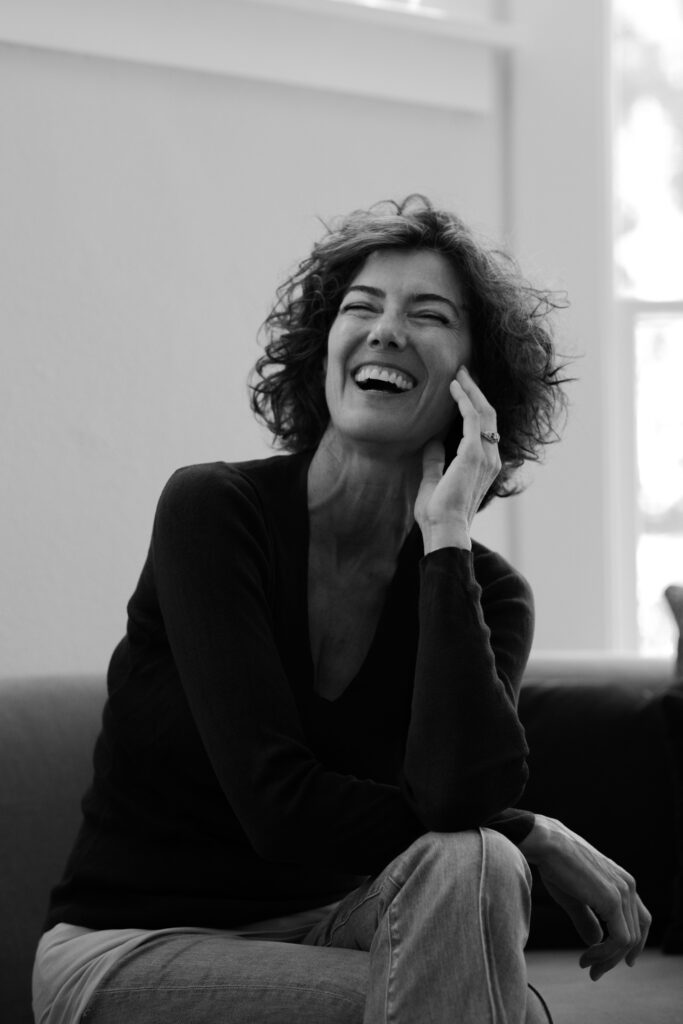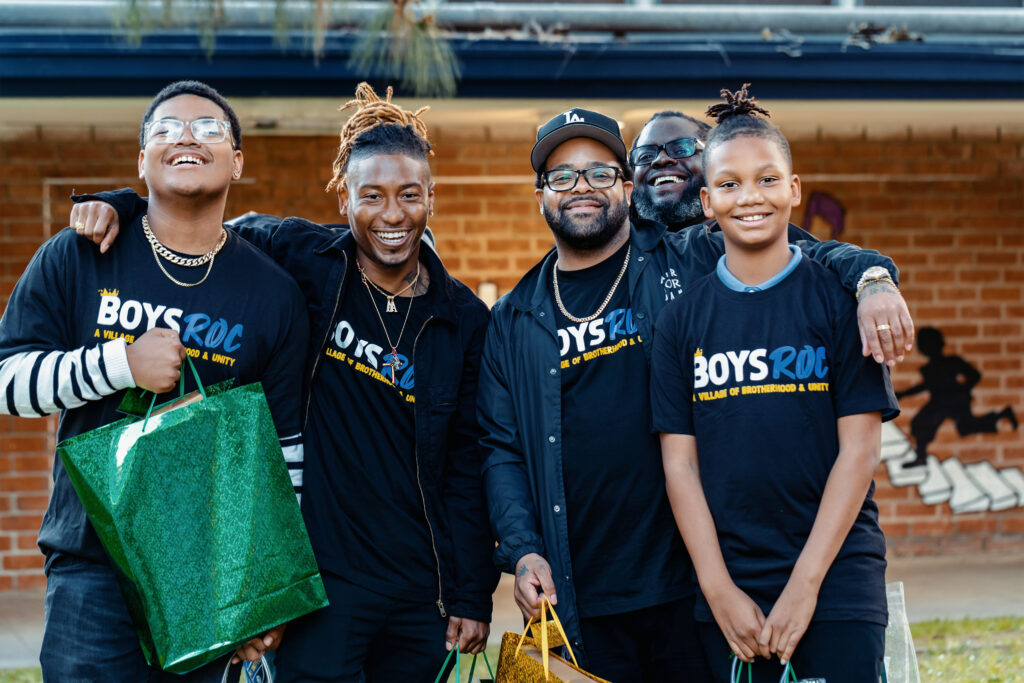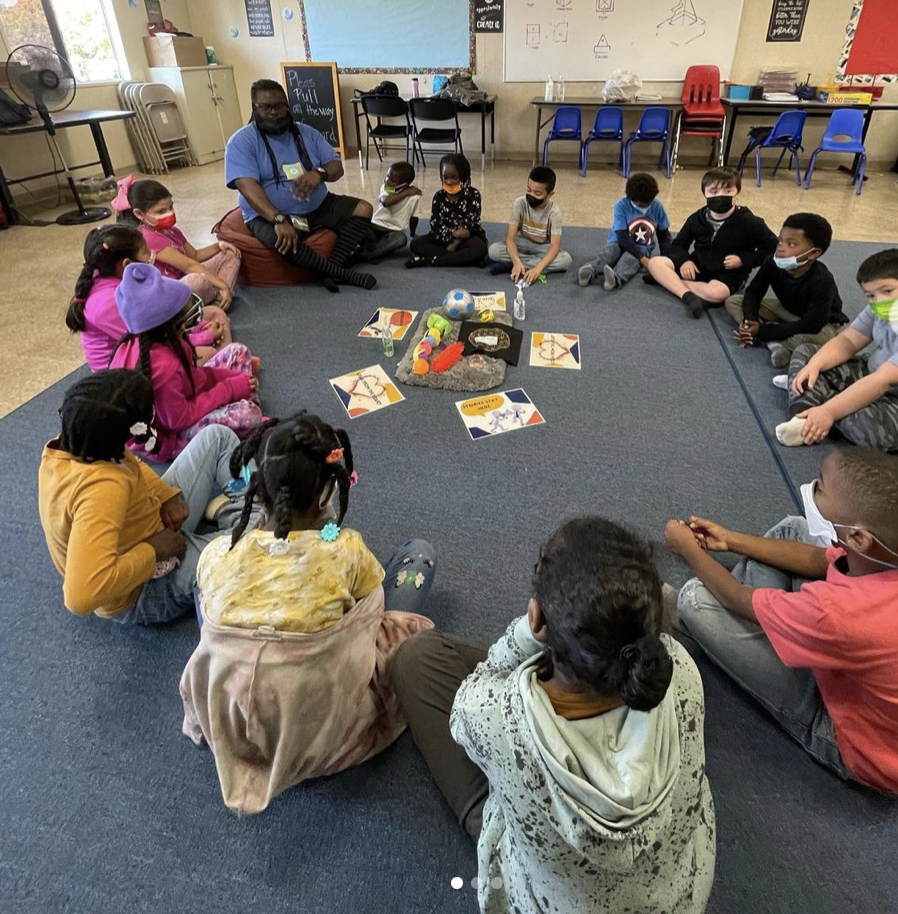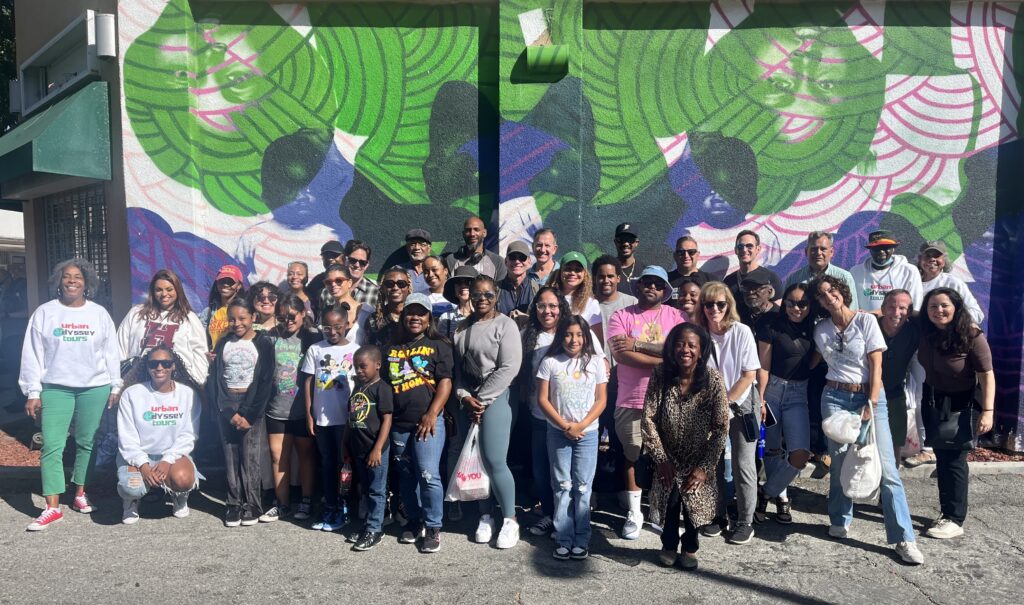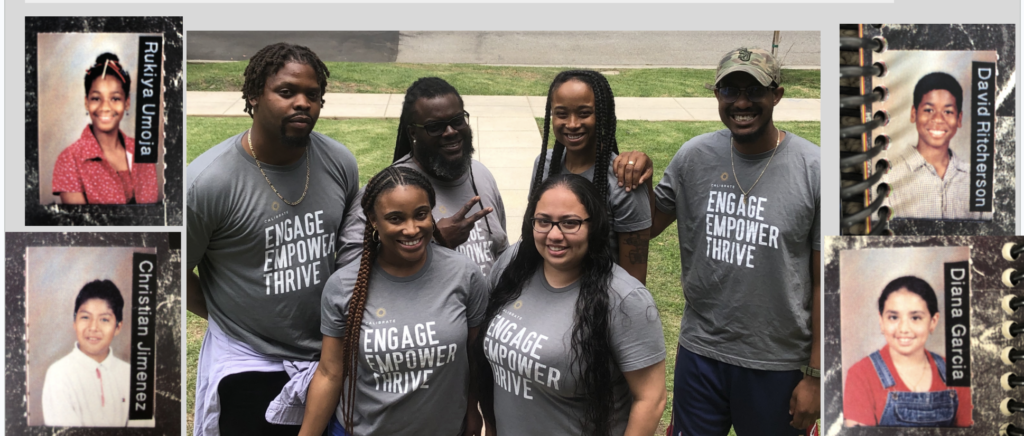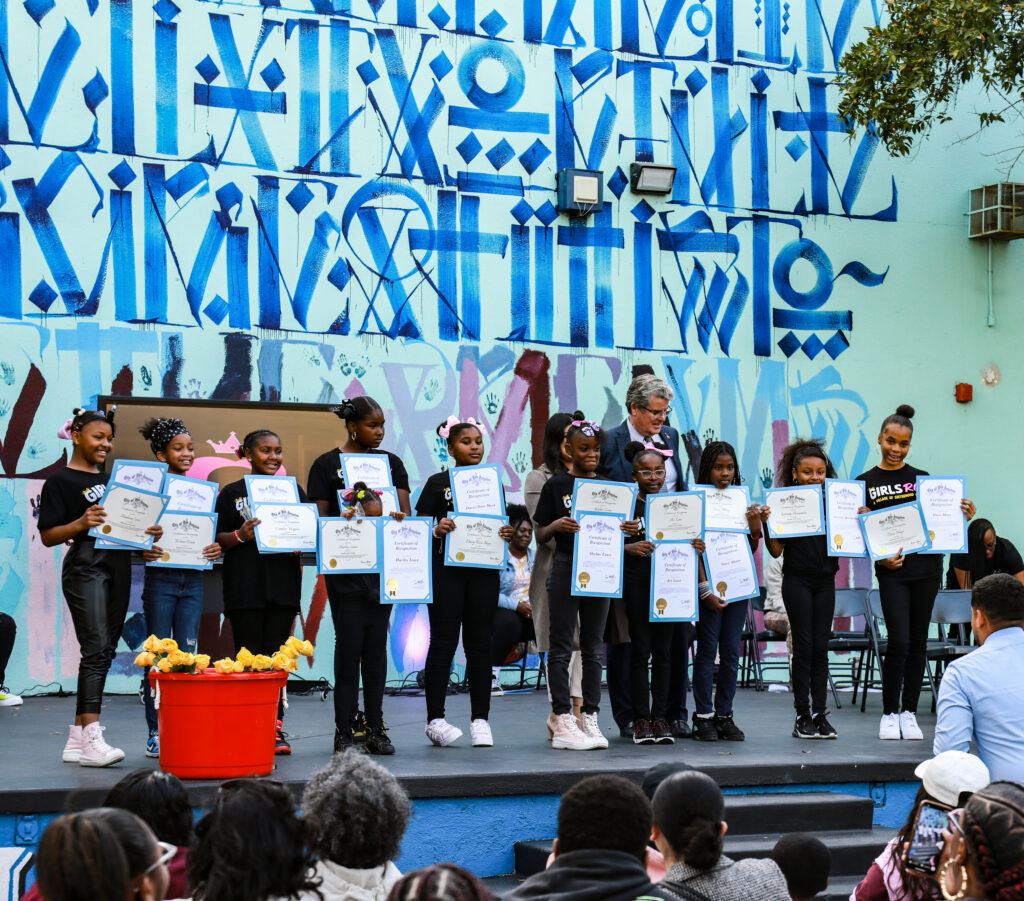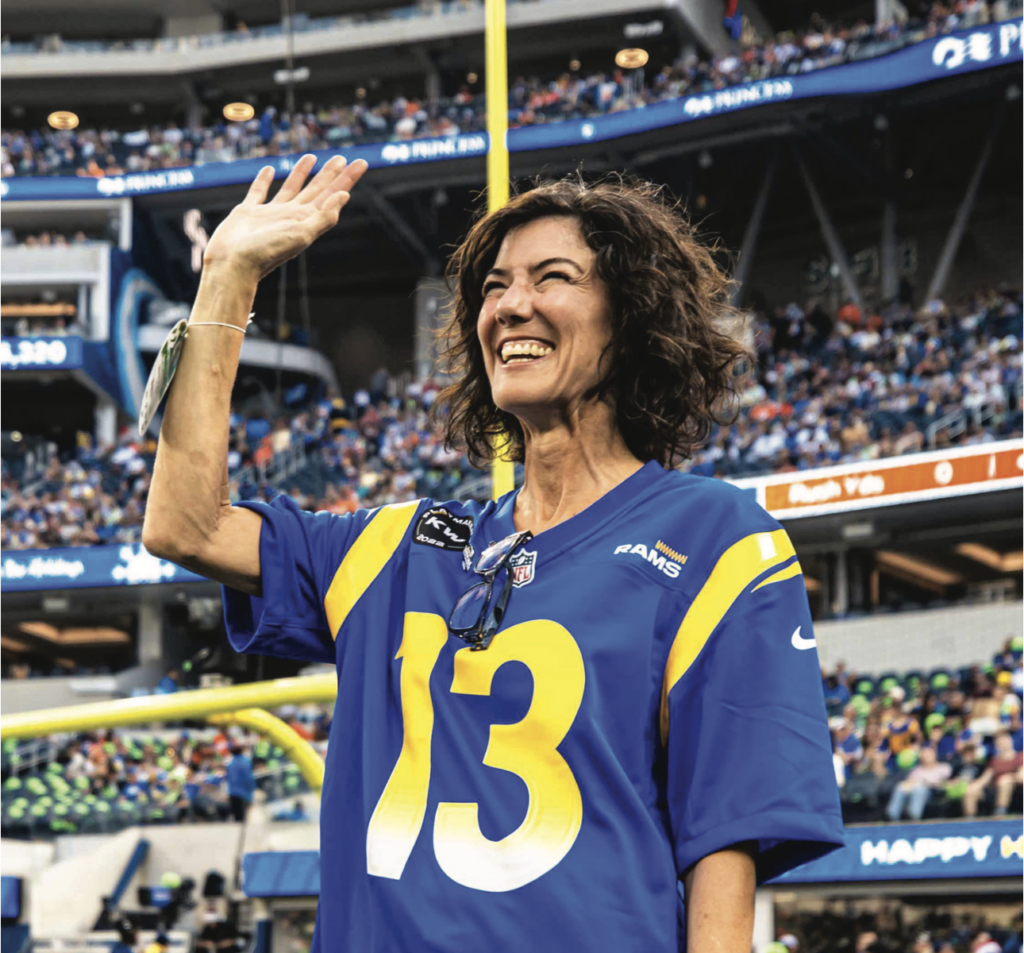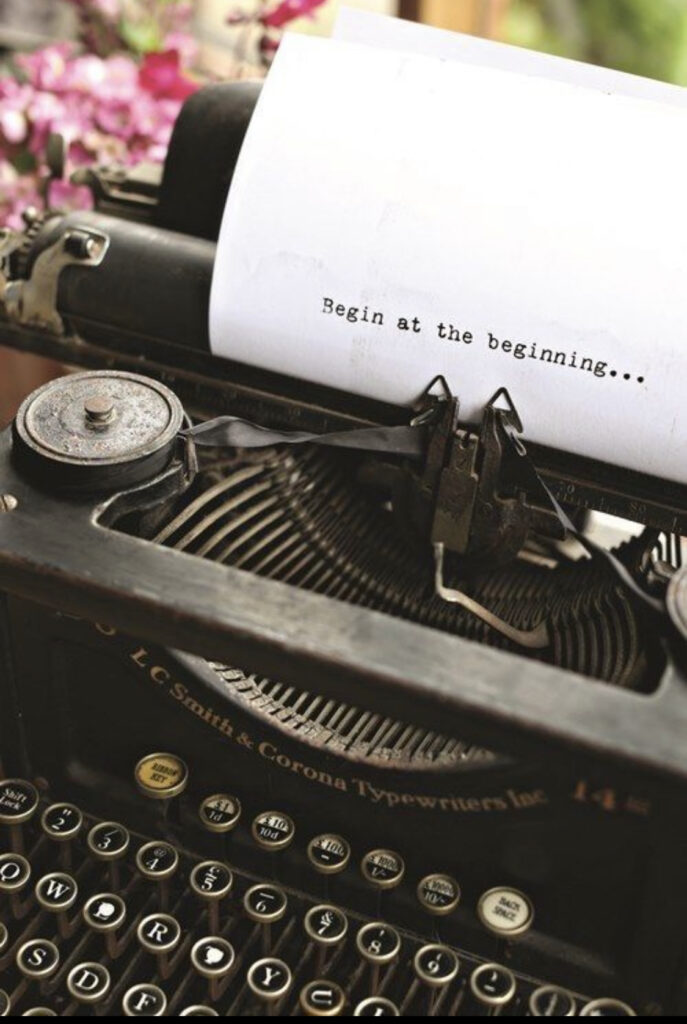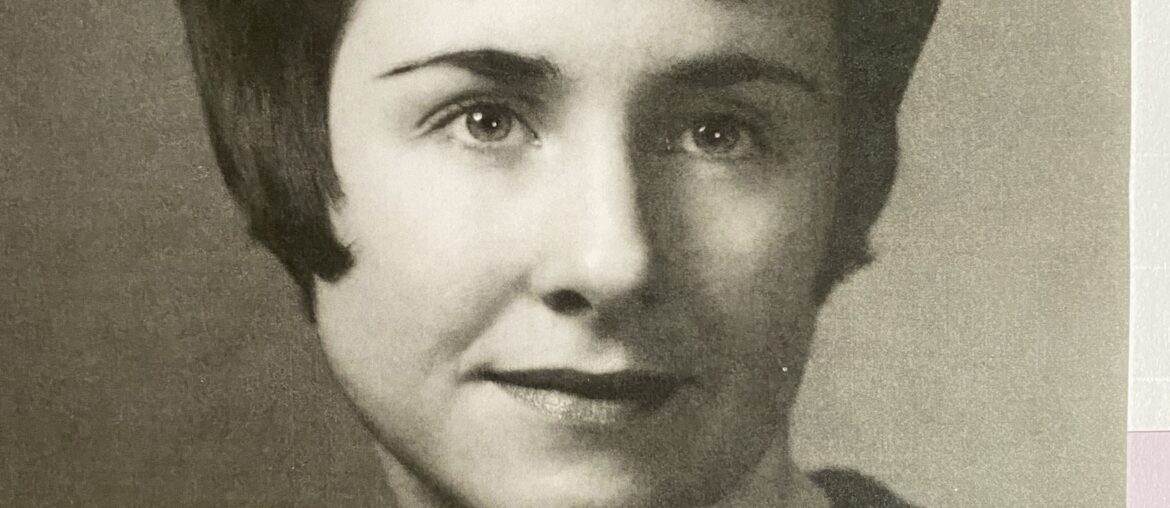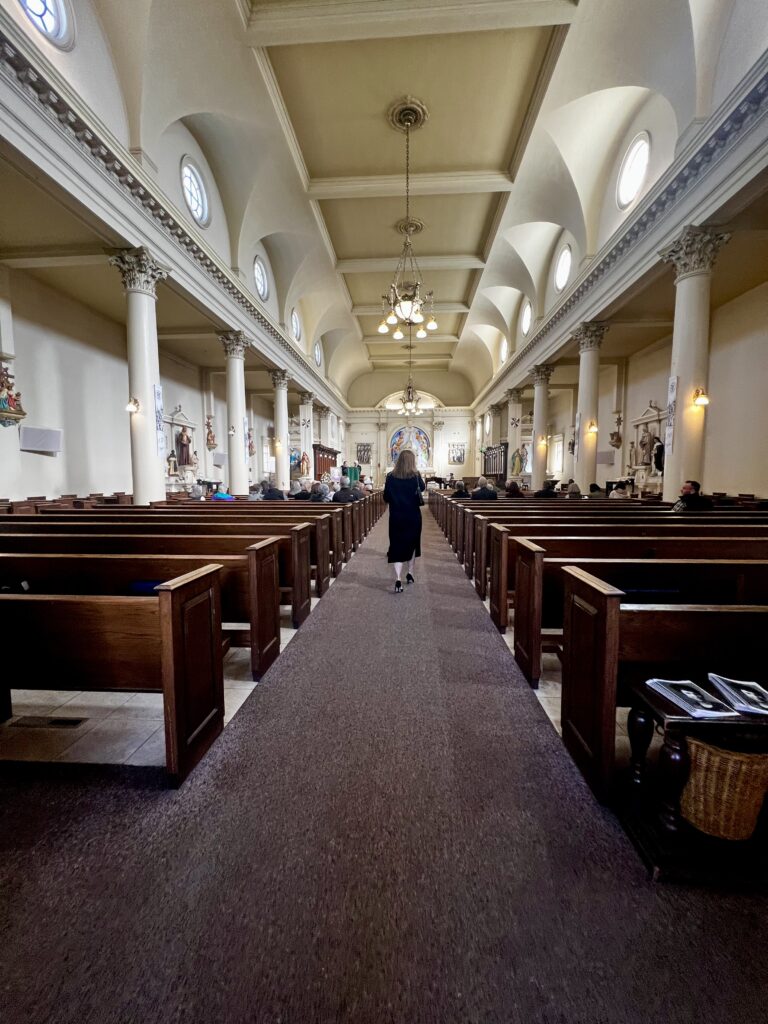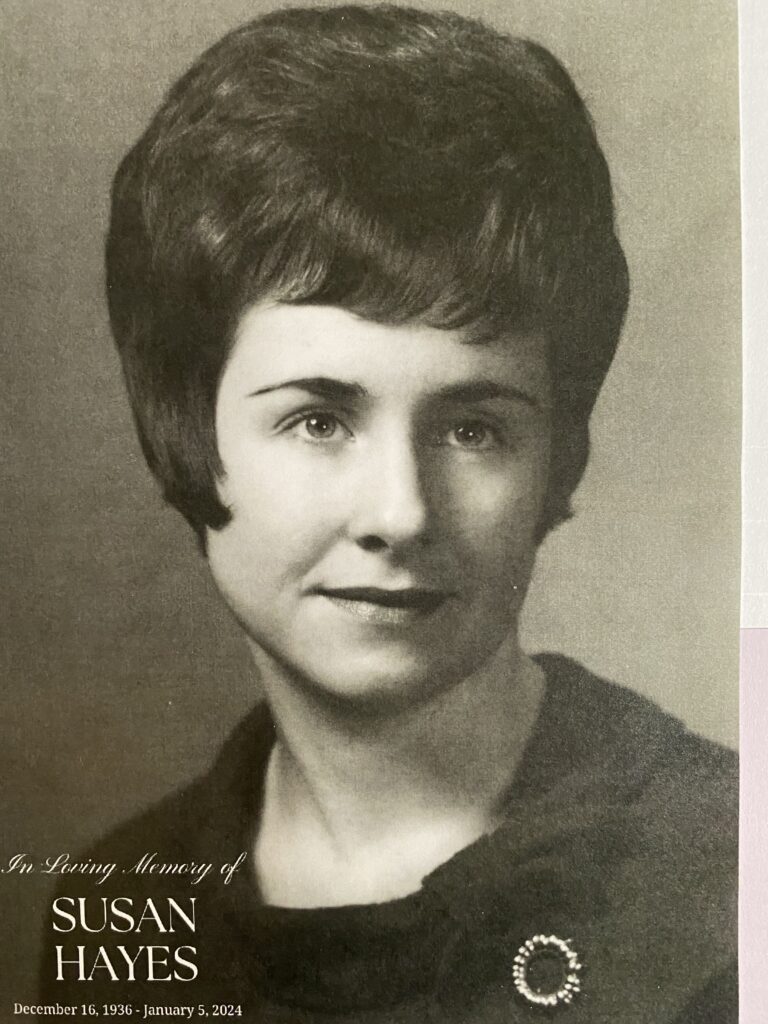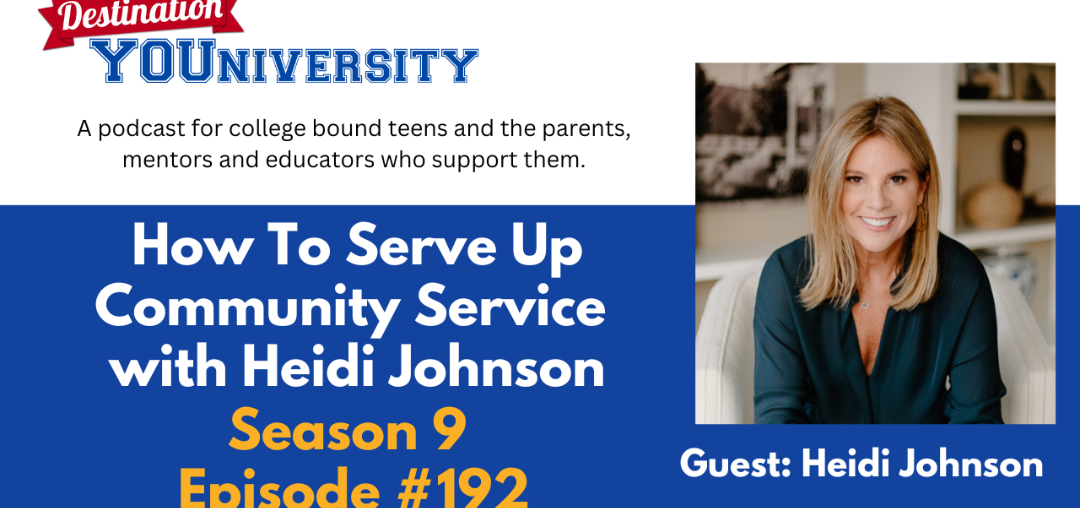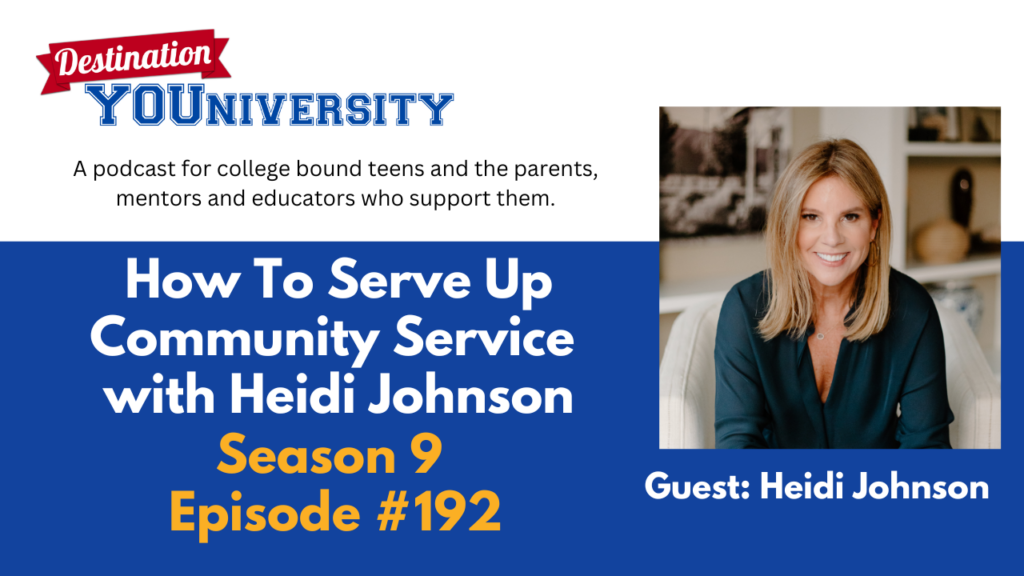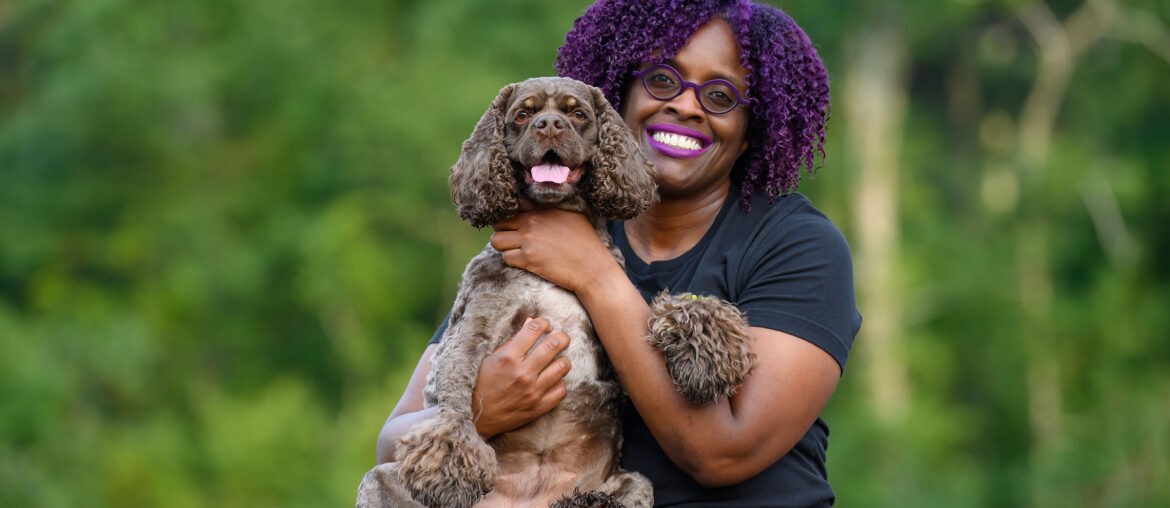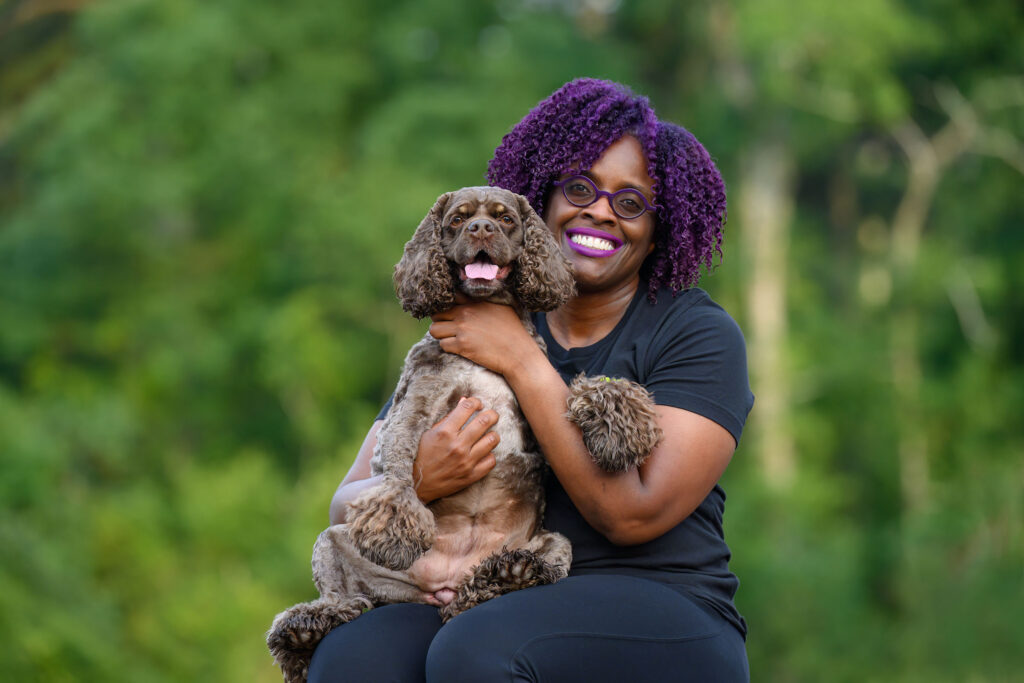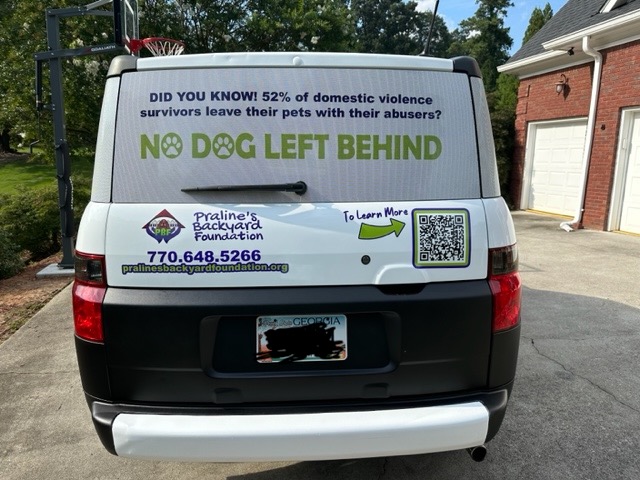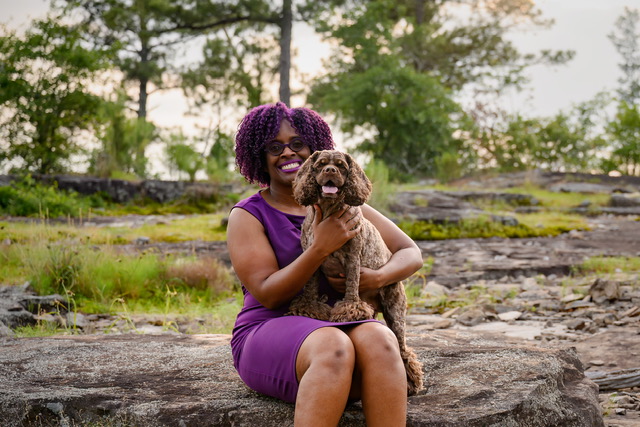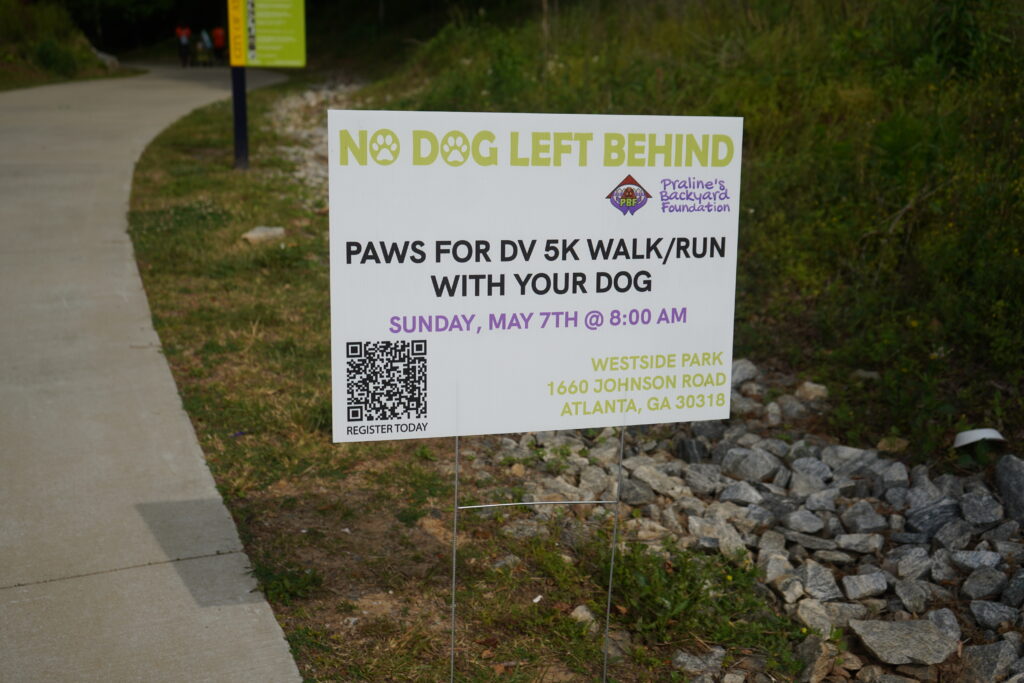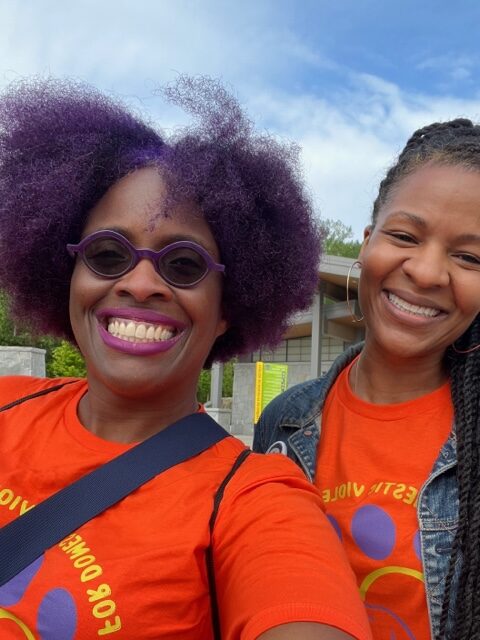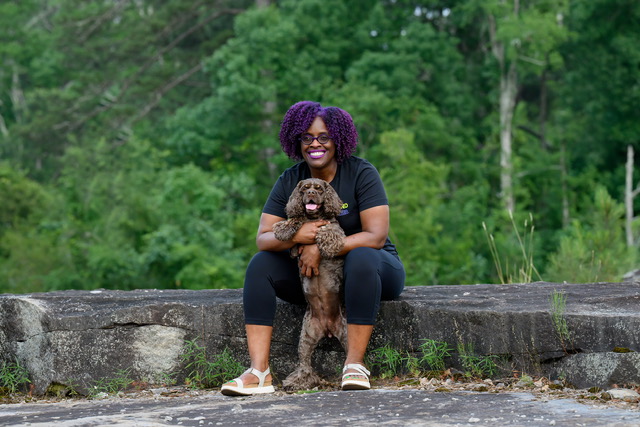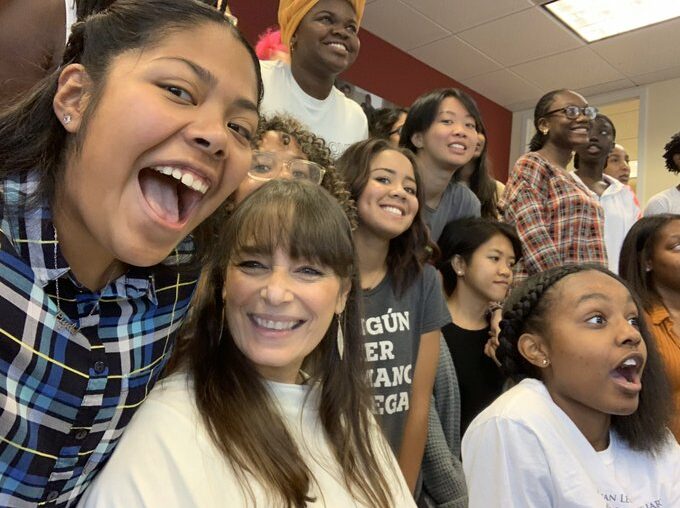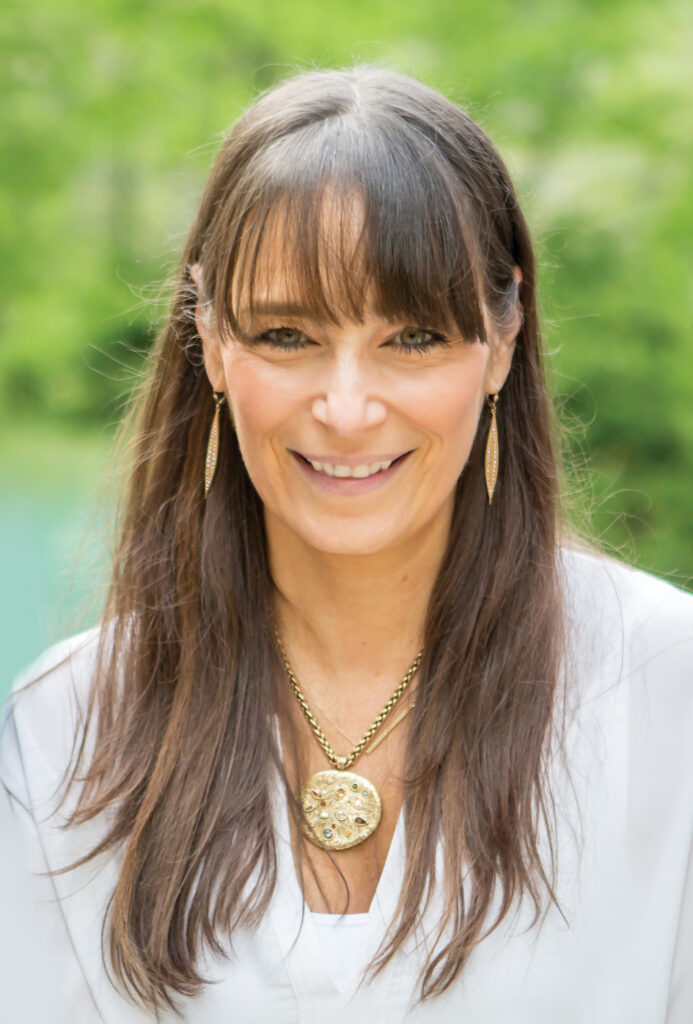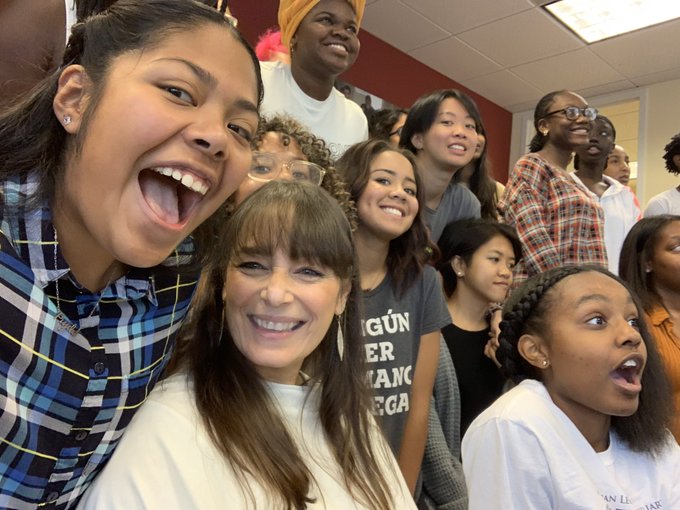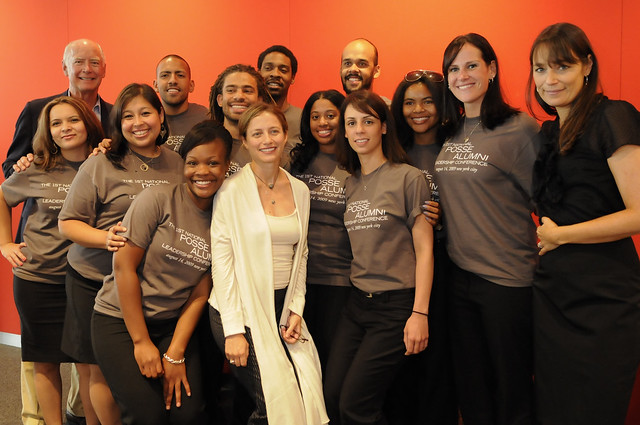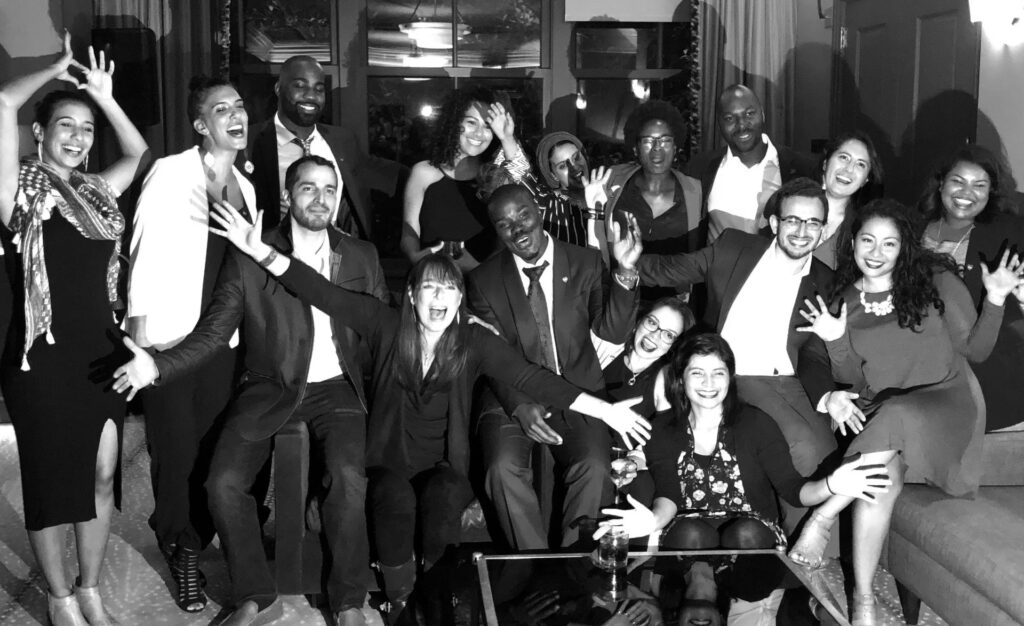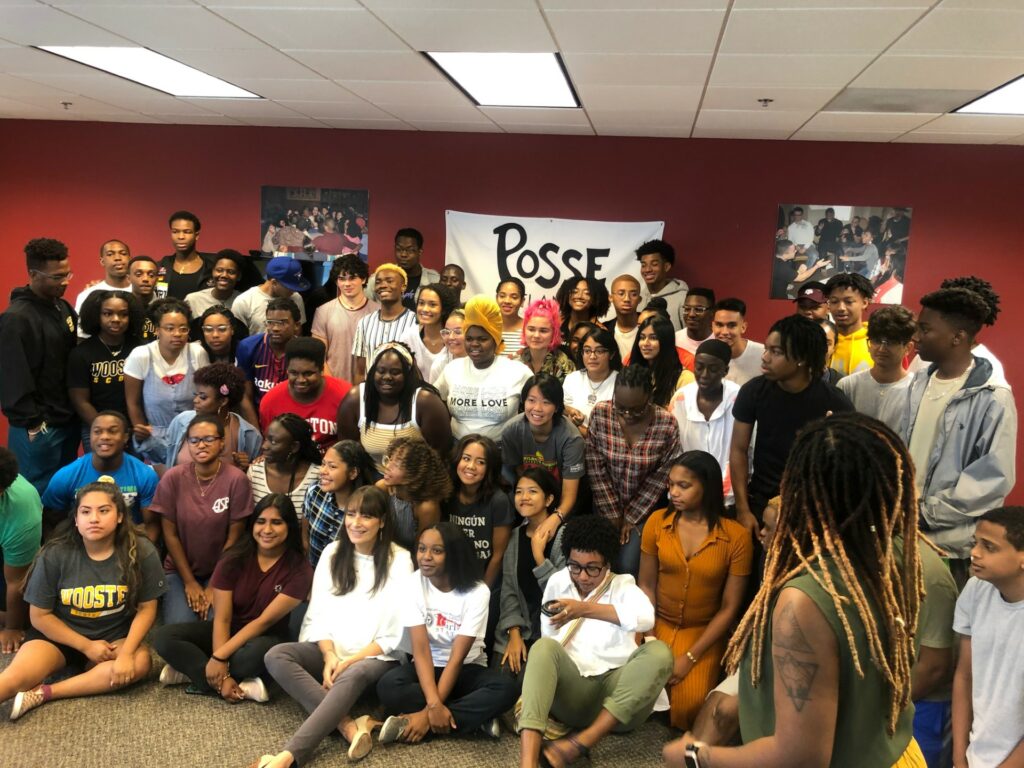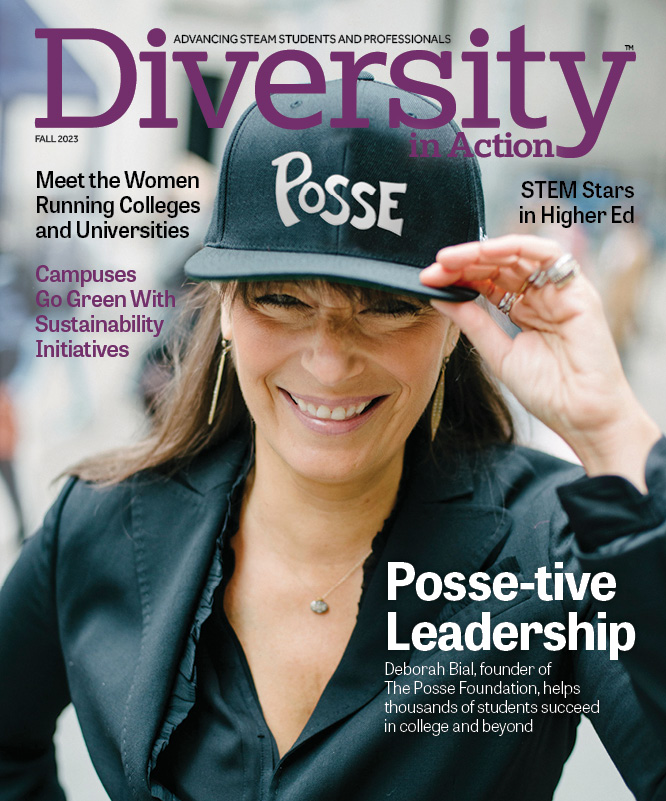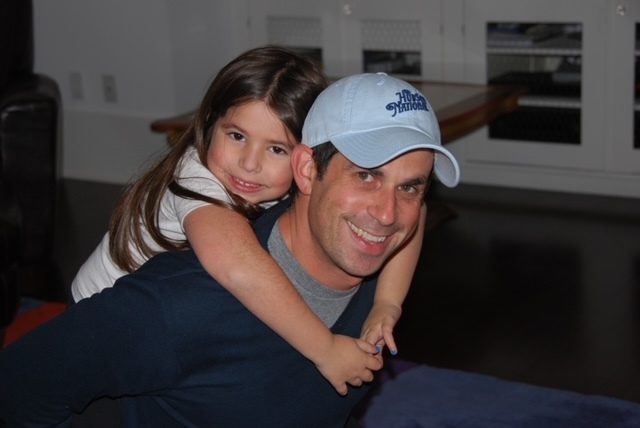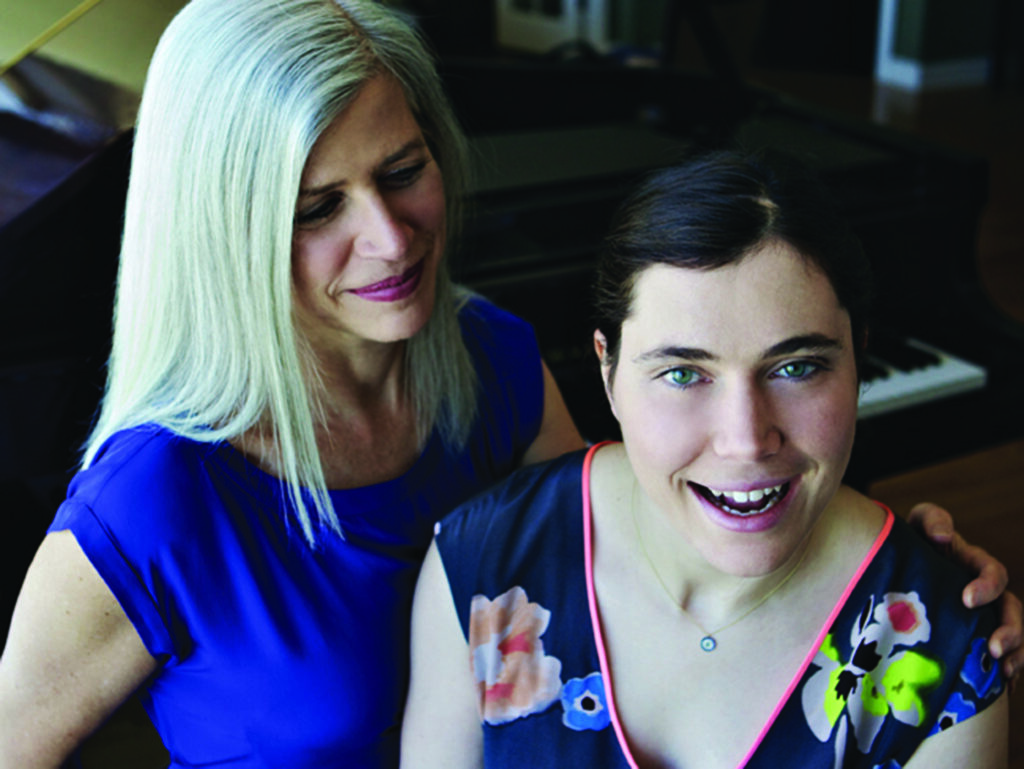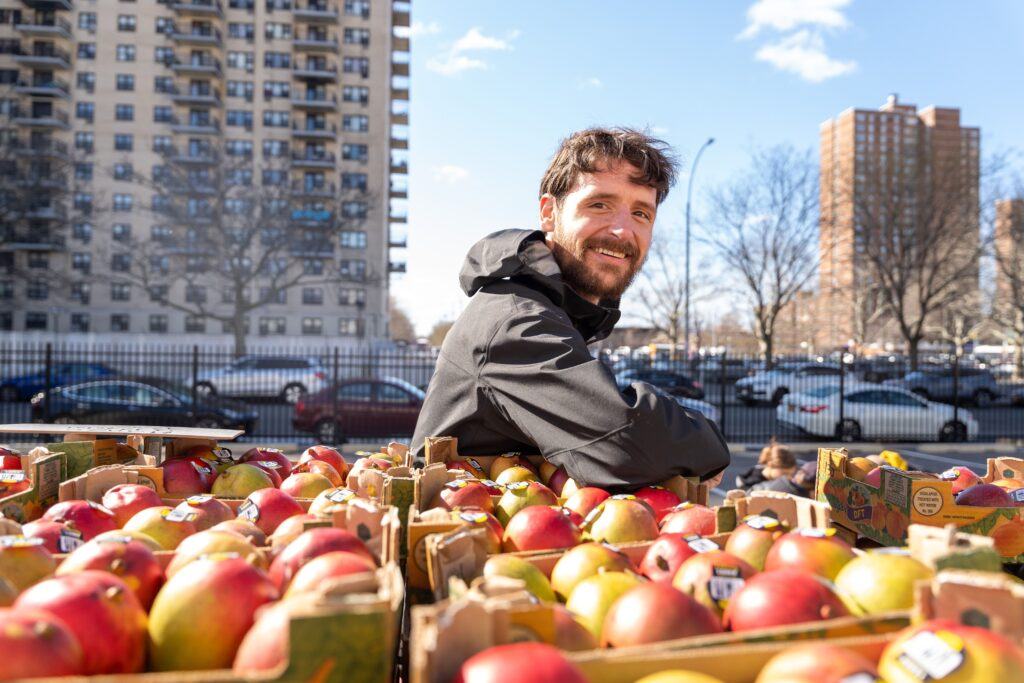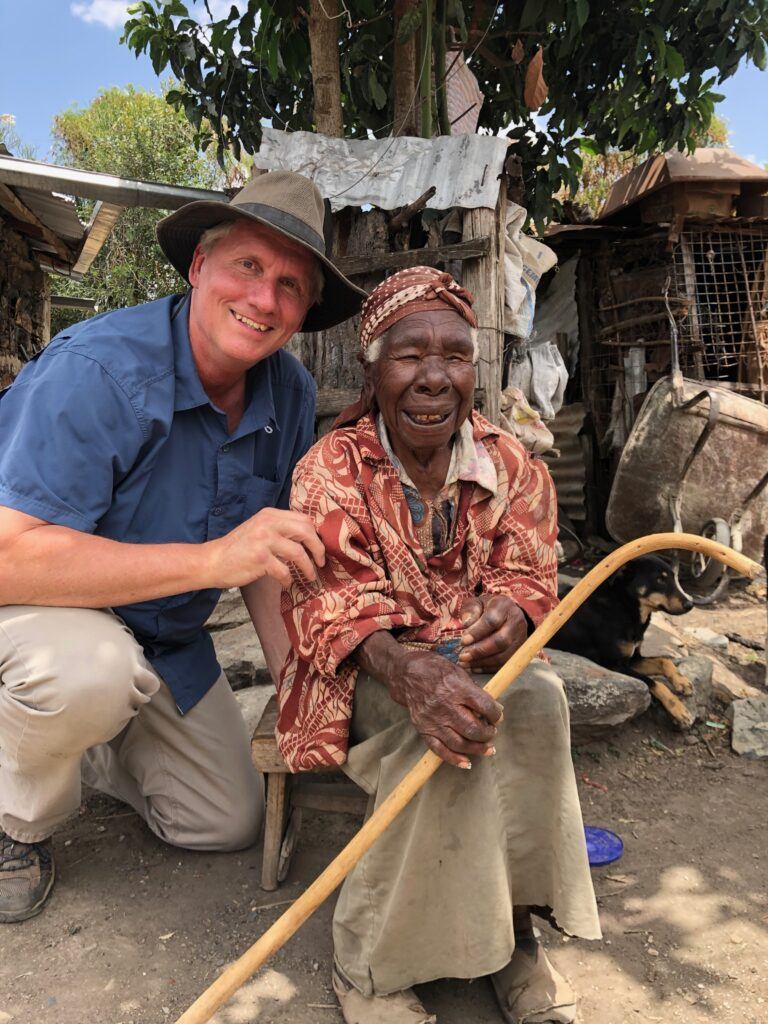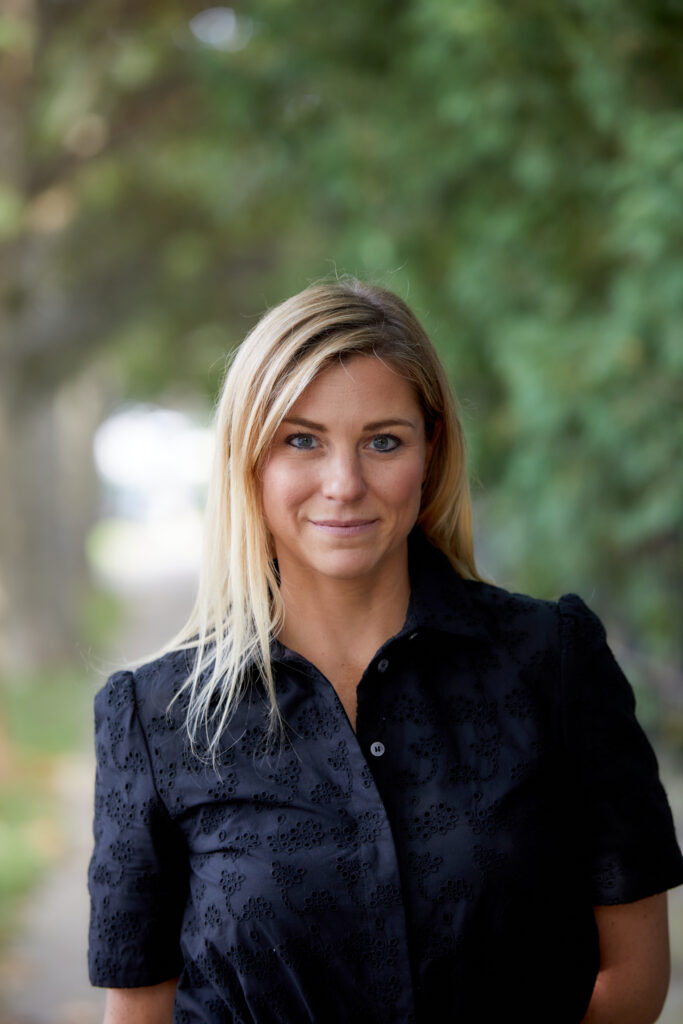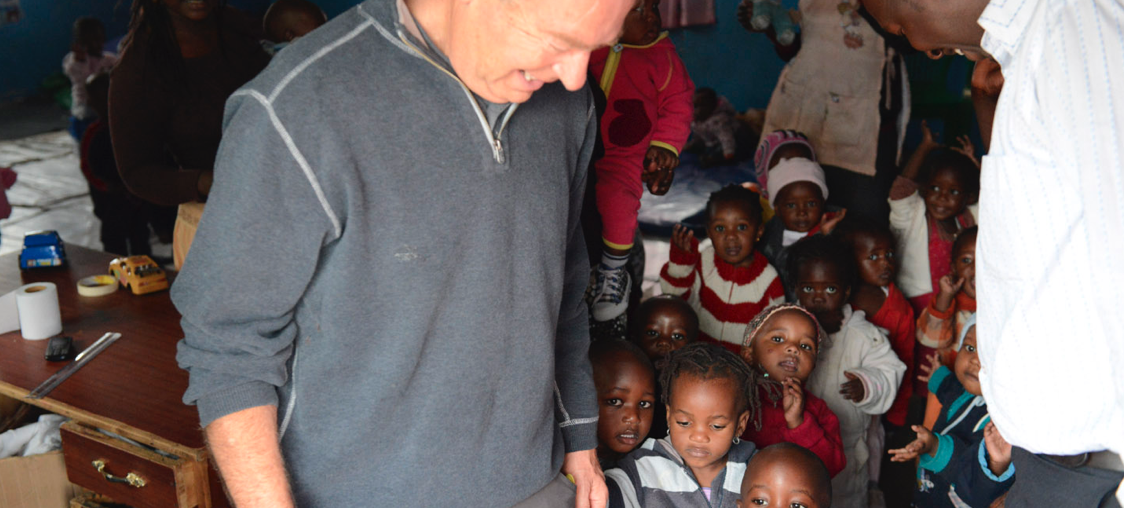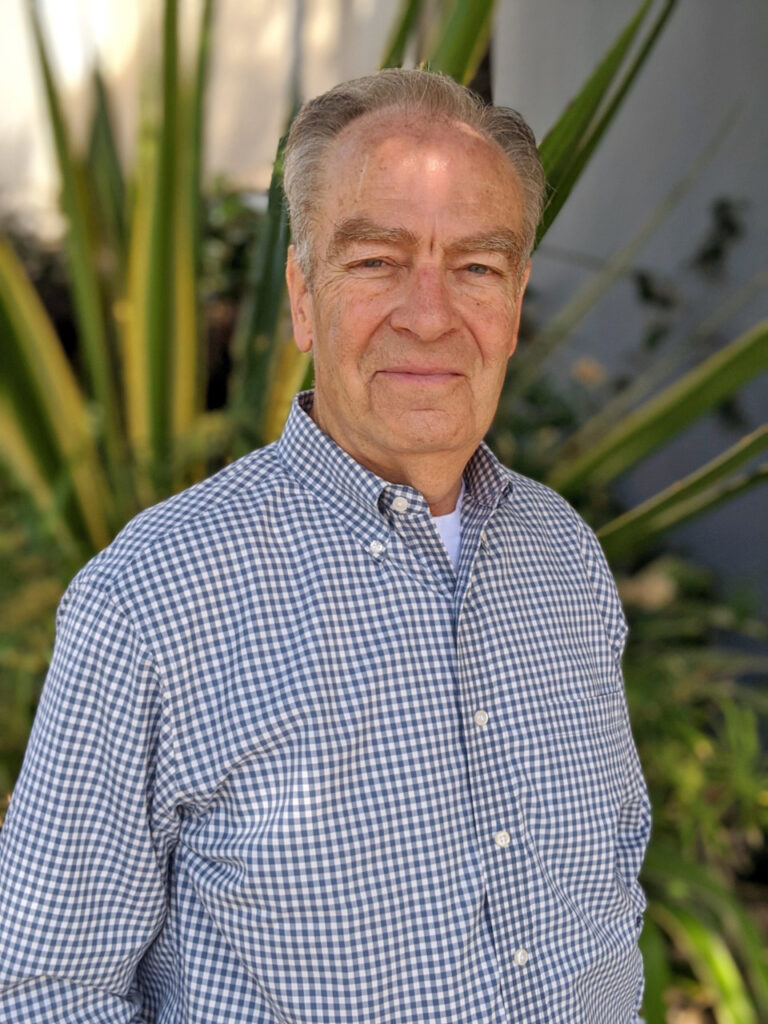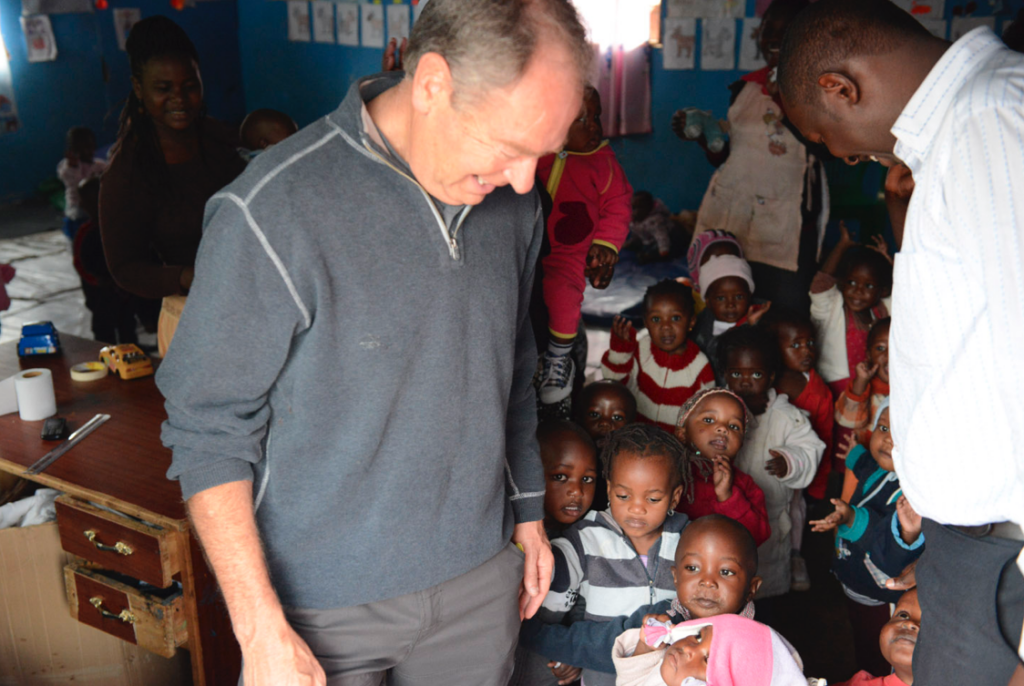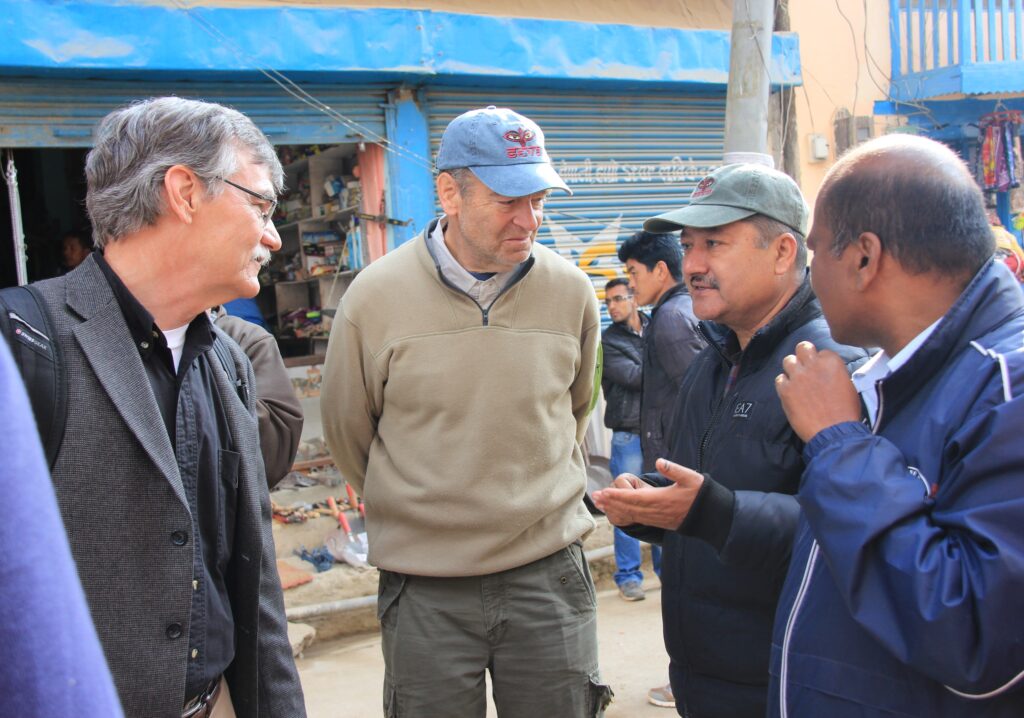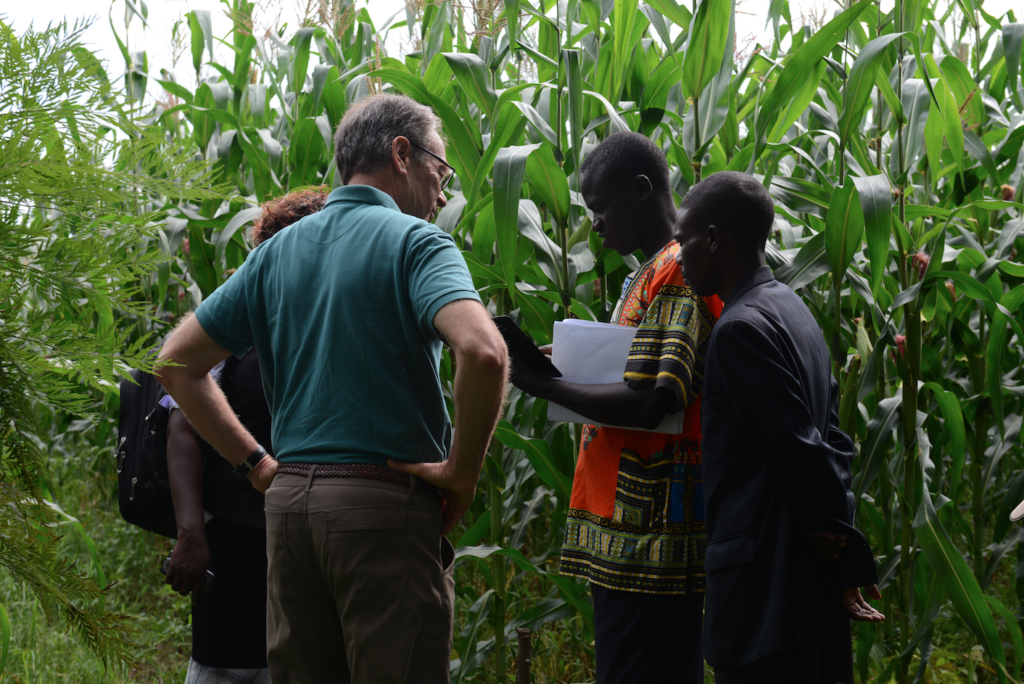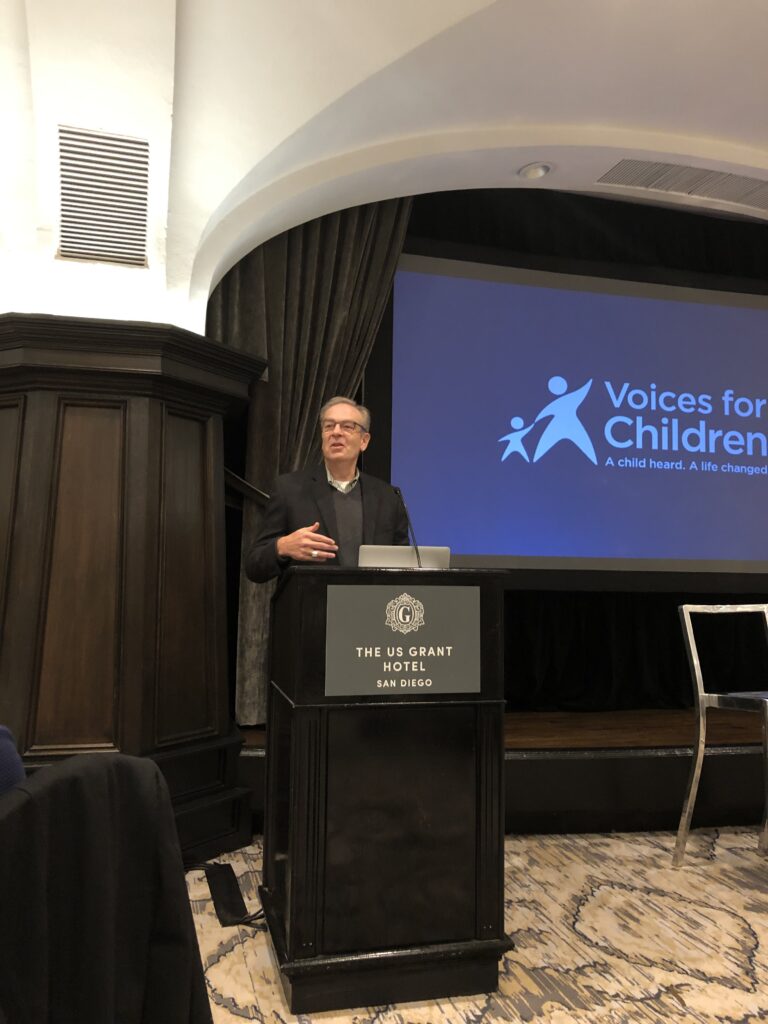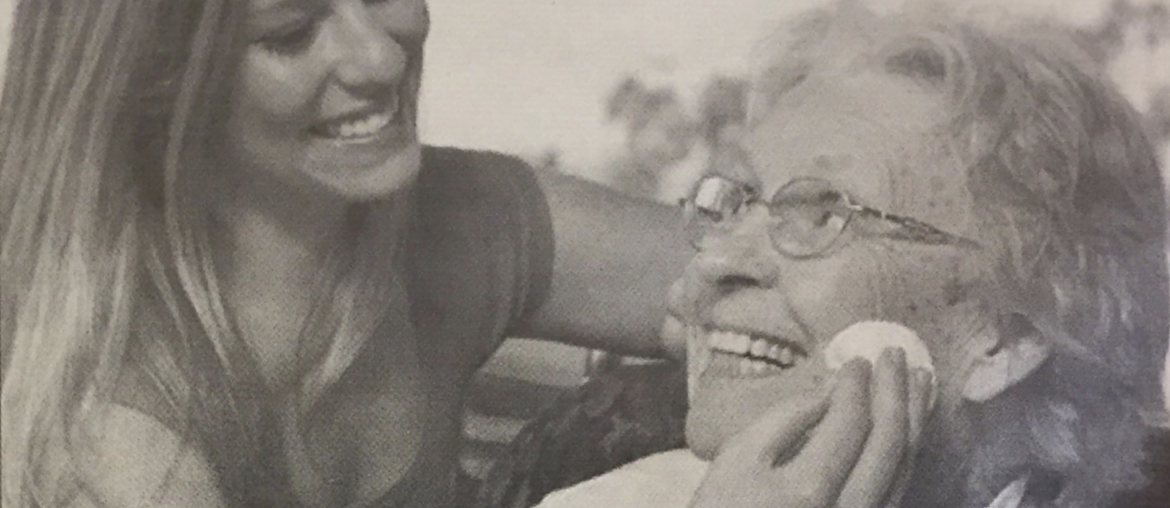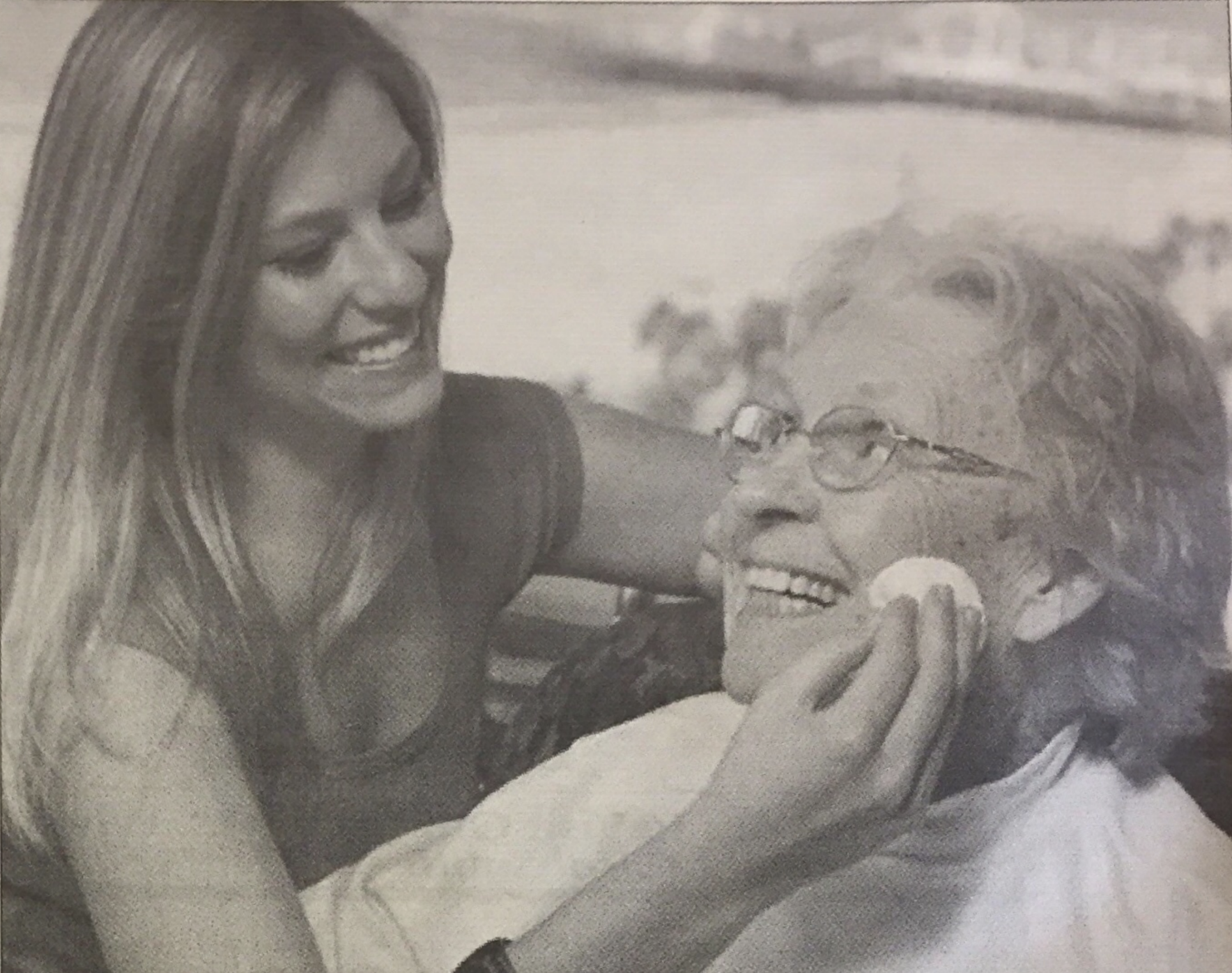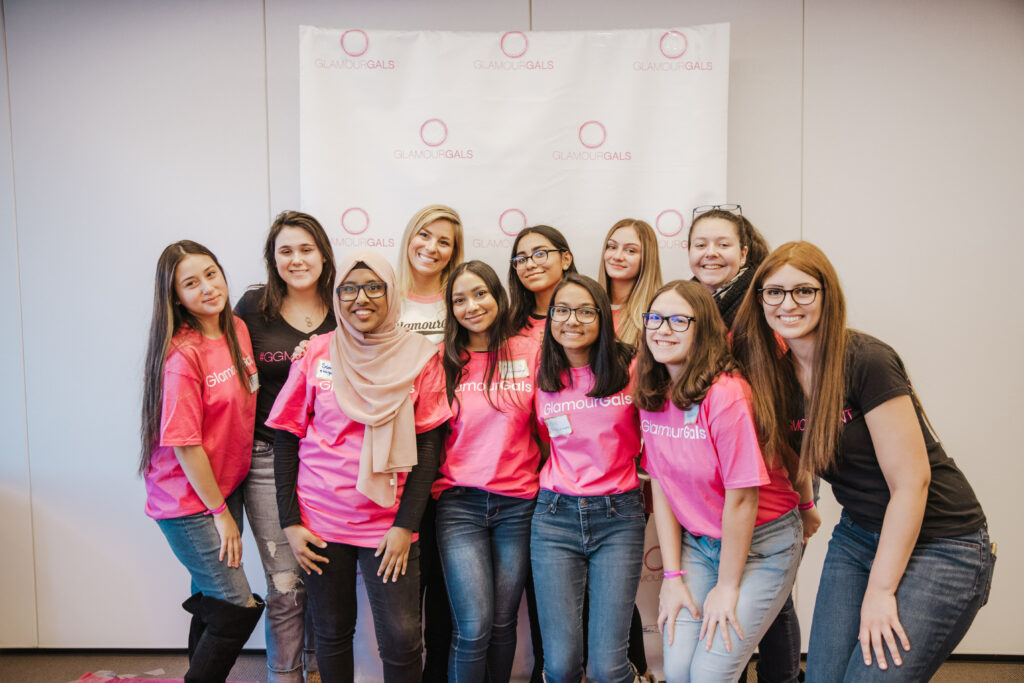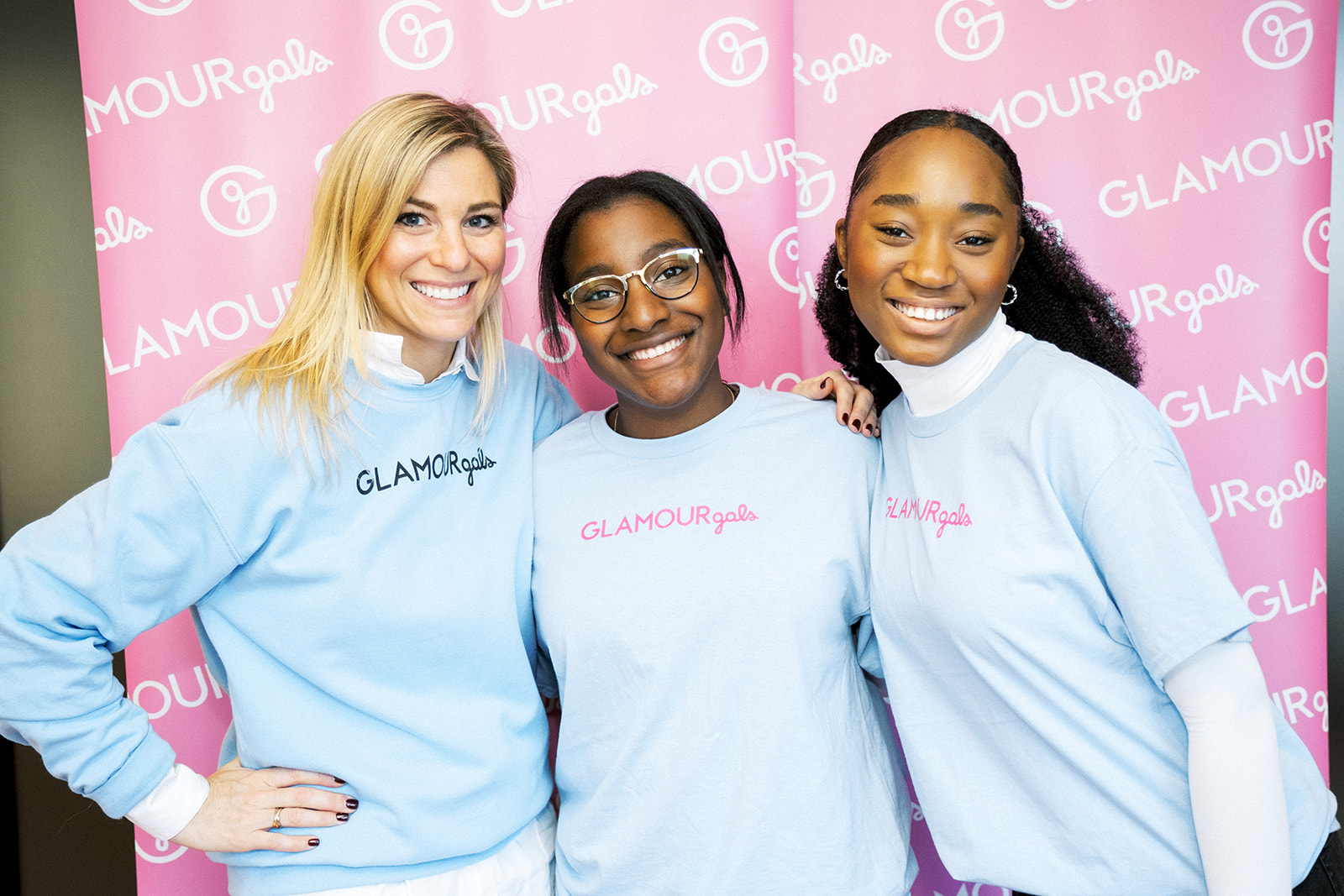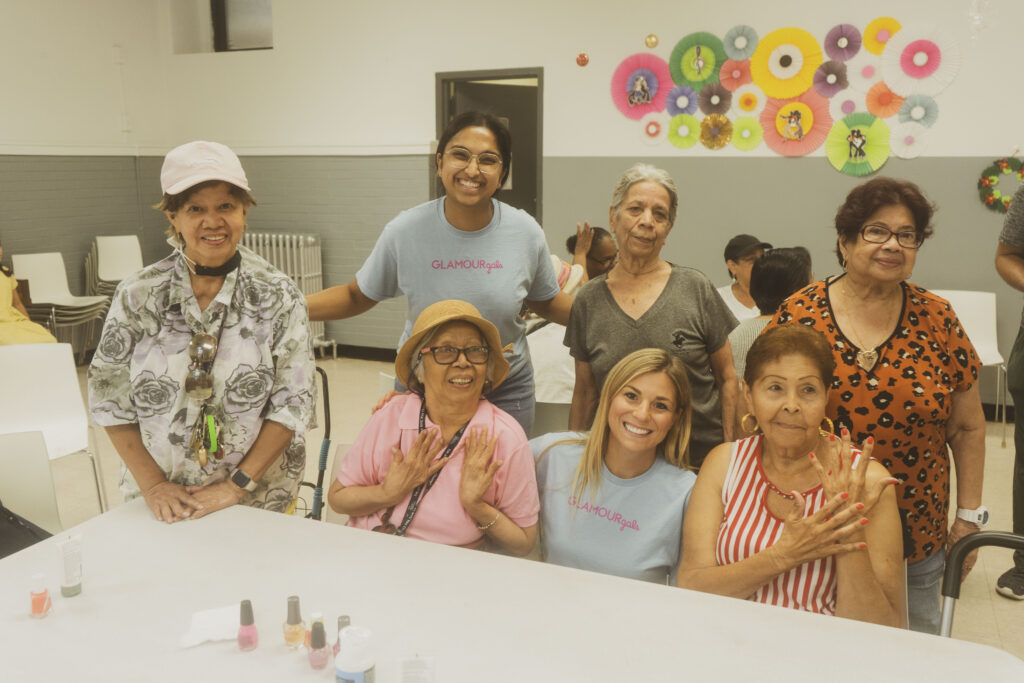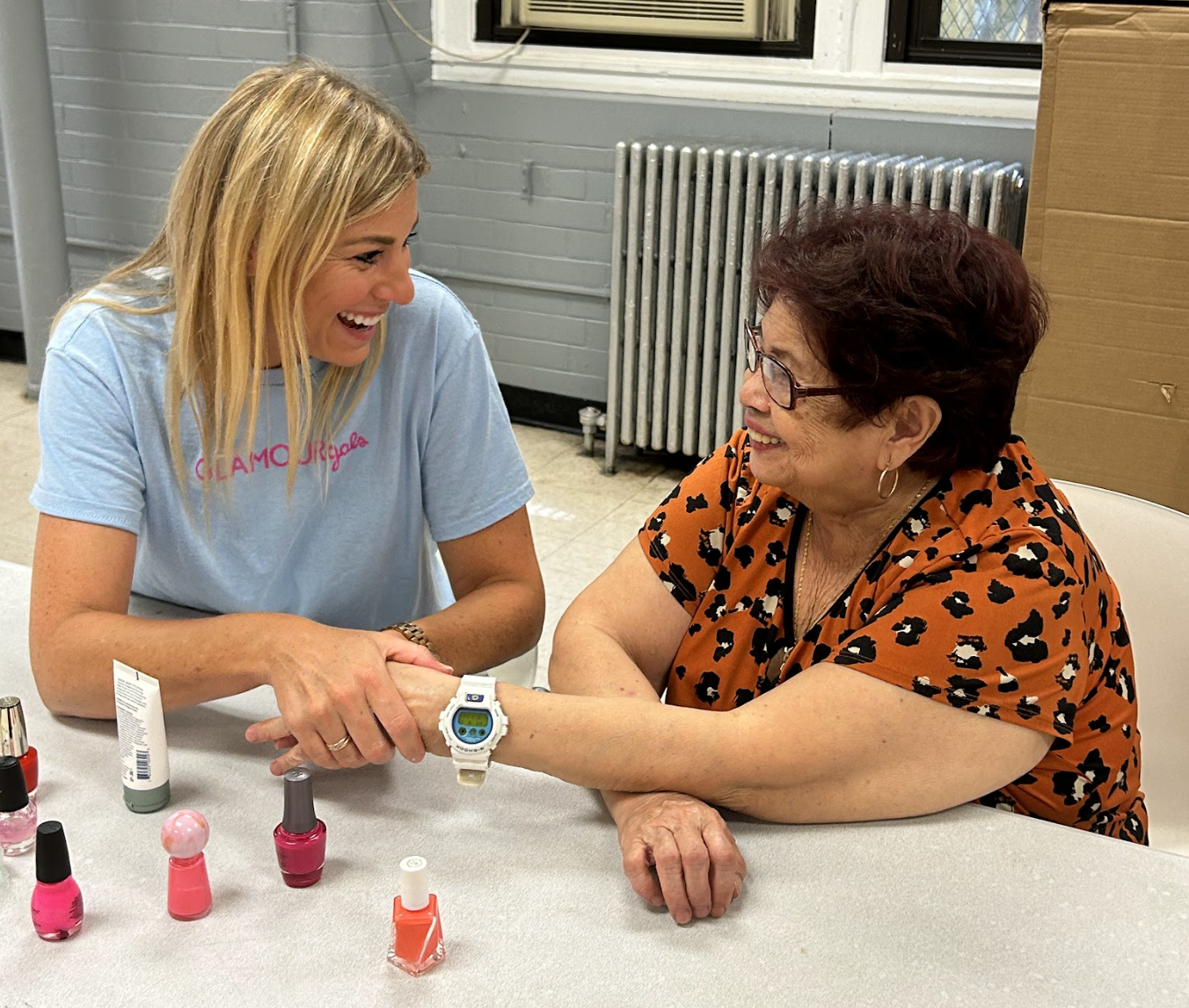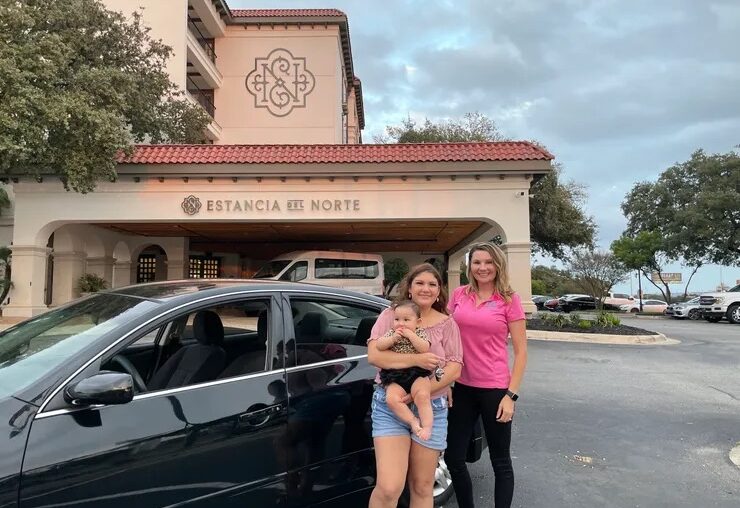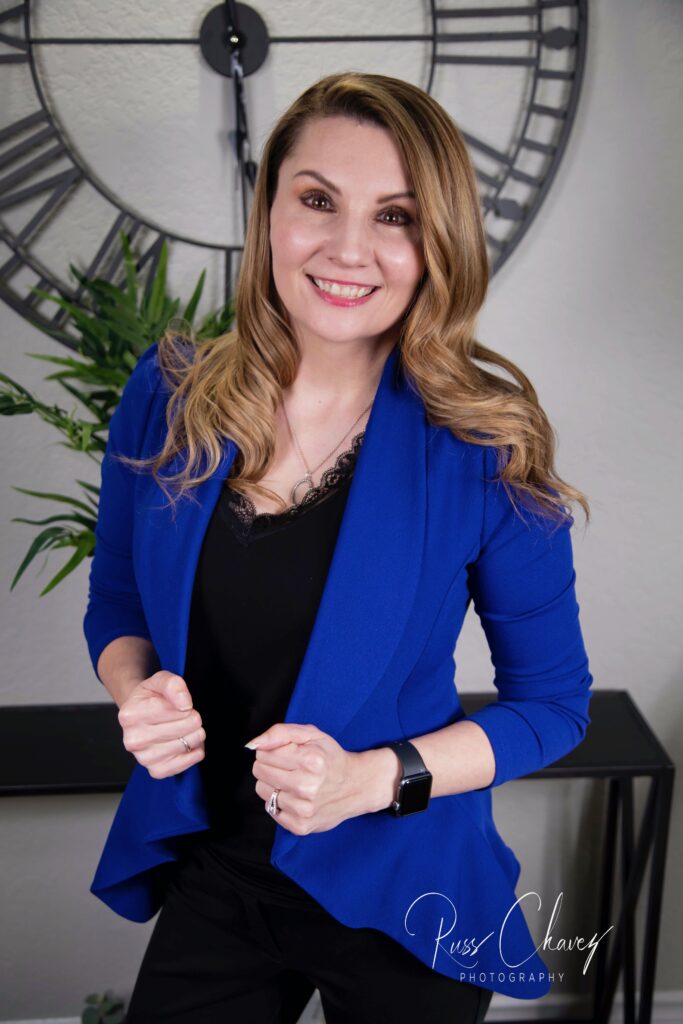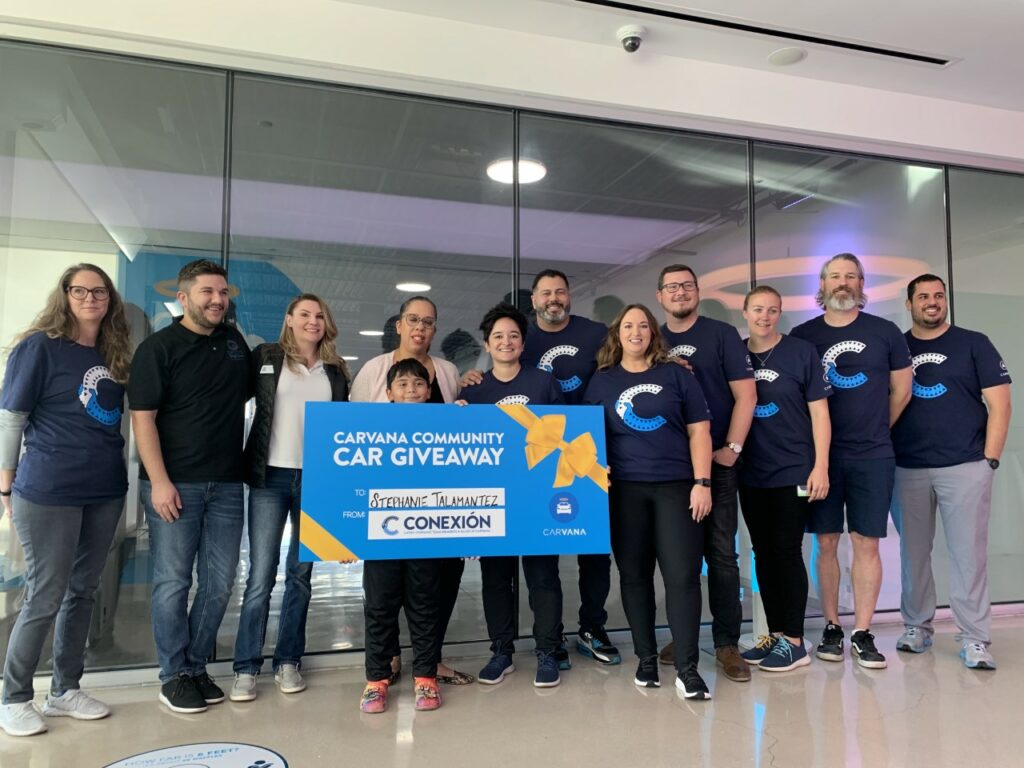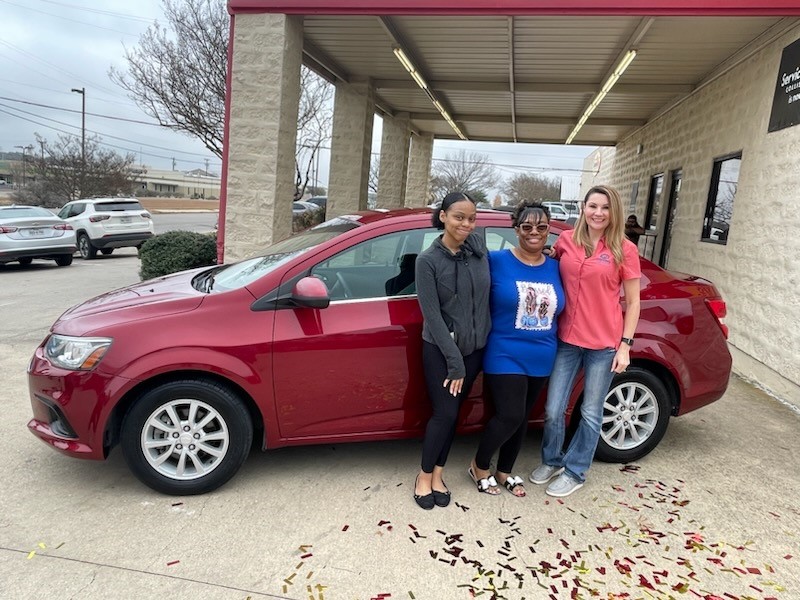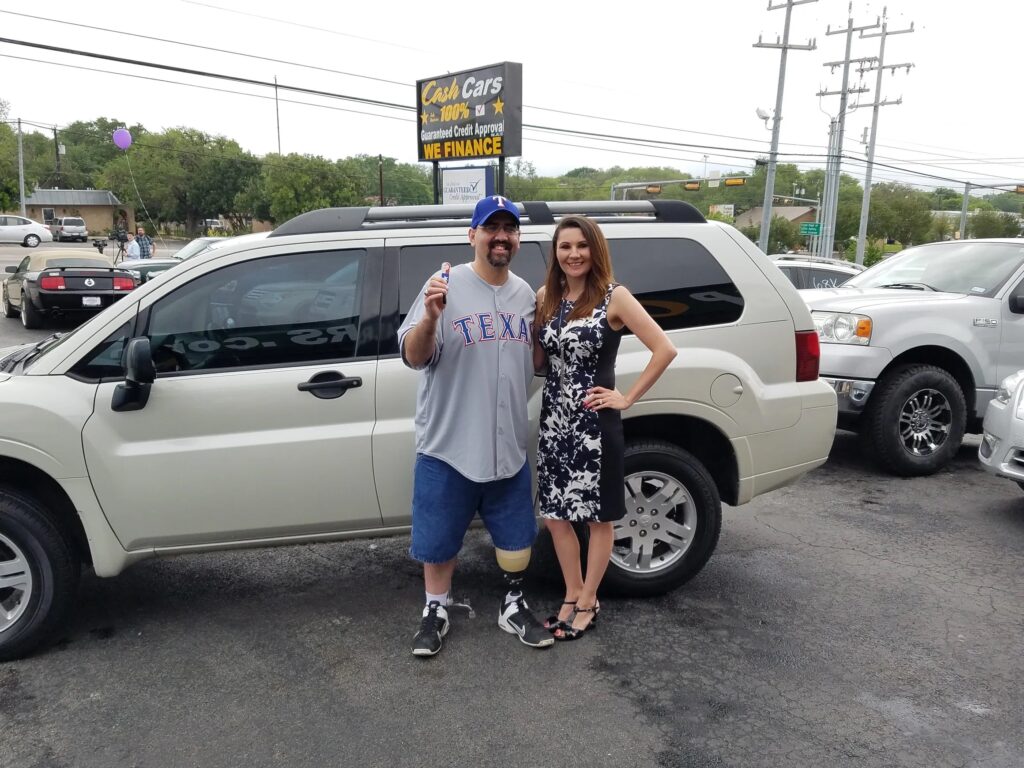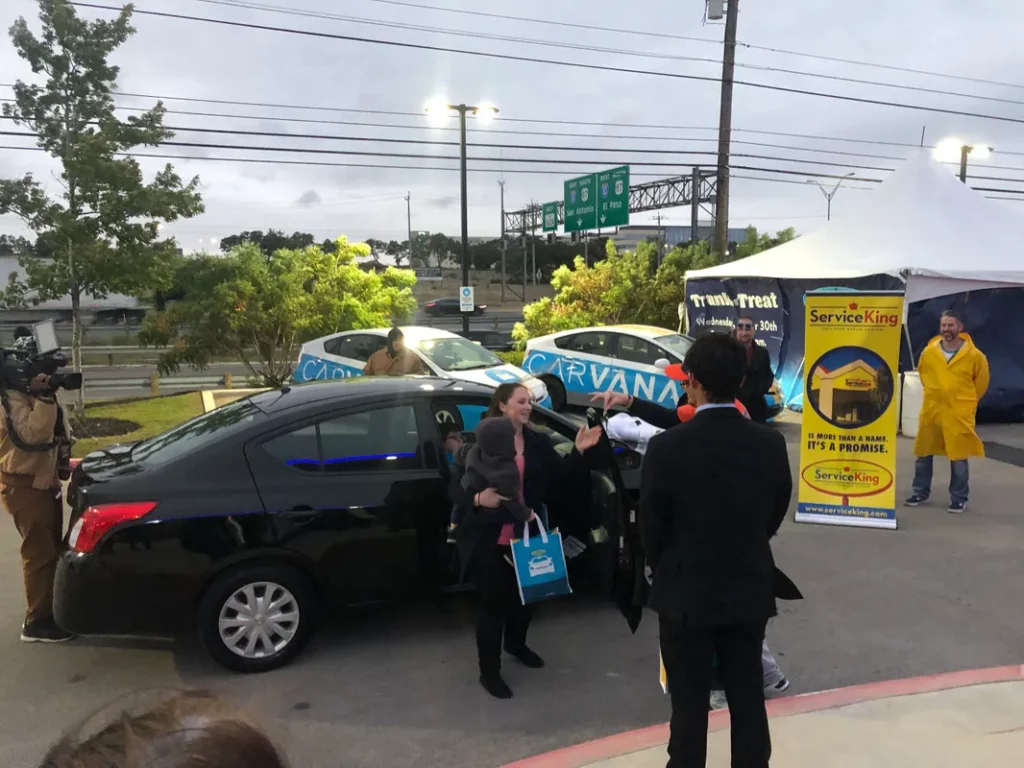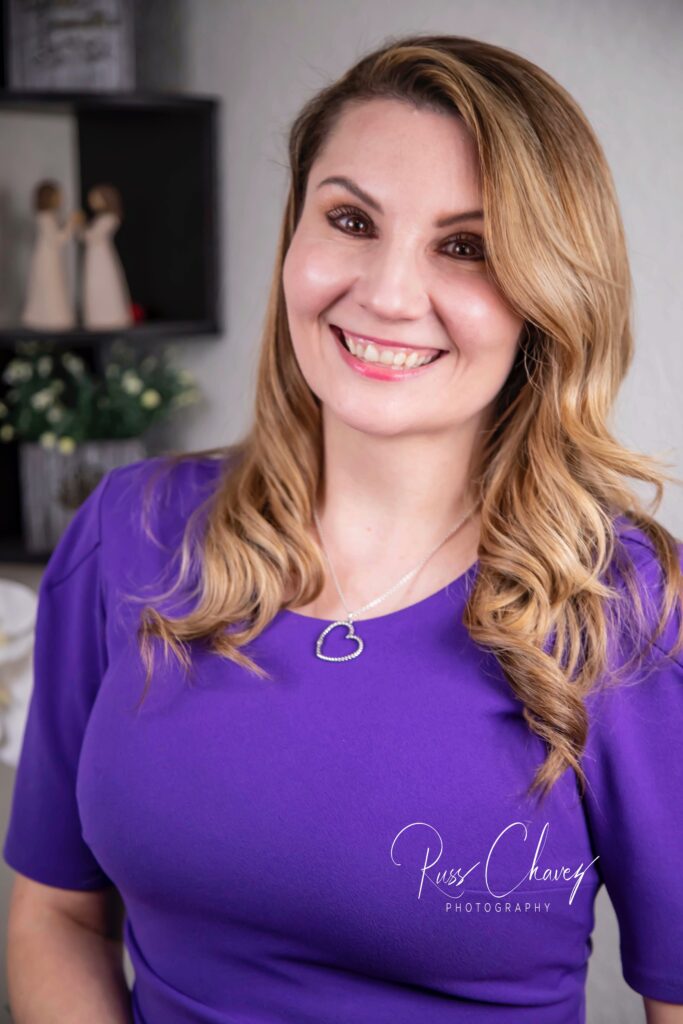Did you know that there are over 13 million children in the United States who live with hunger? One in five children does not know where or if their next meal will come. Those facts are shocking to anyone who hears them. However, it is the rare person or people who actually act when hearing those numbers. Today’s guests not only experience food insecurity they have acted to create a nonprofit called Filling In Blanks.
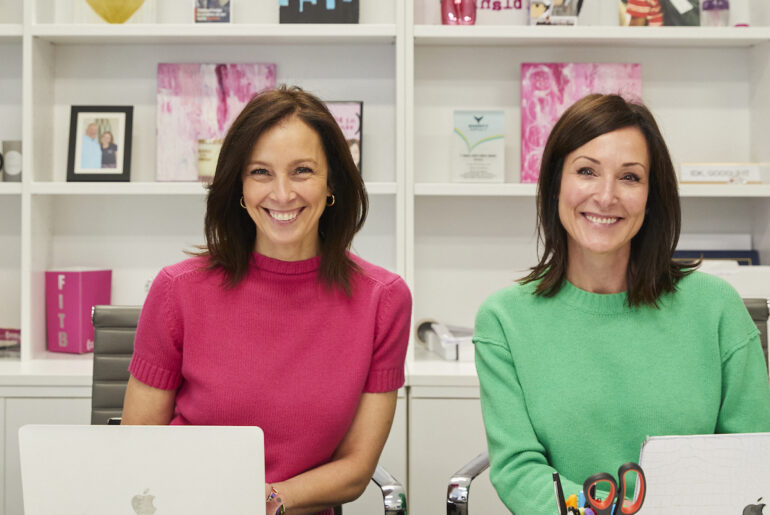
Join us for an inspirational conversations about two next door neighbors who are changing lives and the face of hunger.
Here are a few highlights from our conversation:
Charity Matters: Tell us a little about what Filling In the Blanks does?
Tina Kramer: Shana and I started Filling In the Blanks 11 years ago. And what we do is we provide food on the weekends to children that are struggling with food insecurity. So we provide a bag of food for the kids ages preschool through high school, that receive meals during the week at school, but don’t have anything over the weekend. So we’re covering that weekend meal gap.
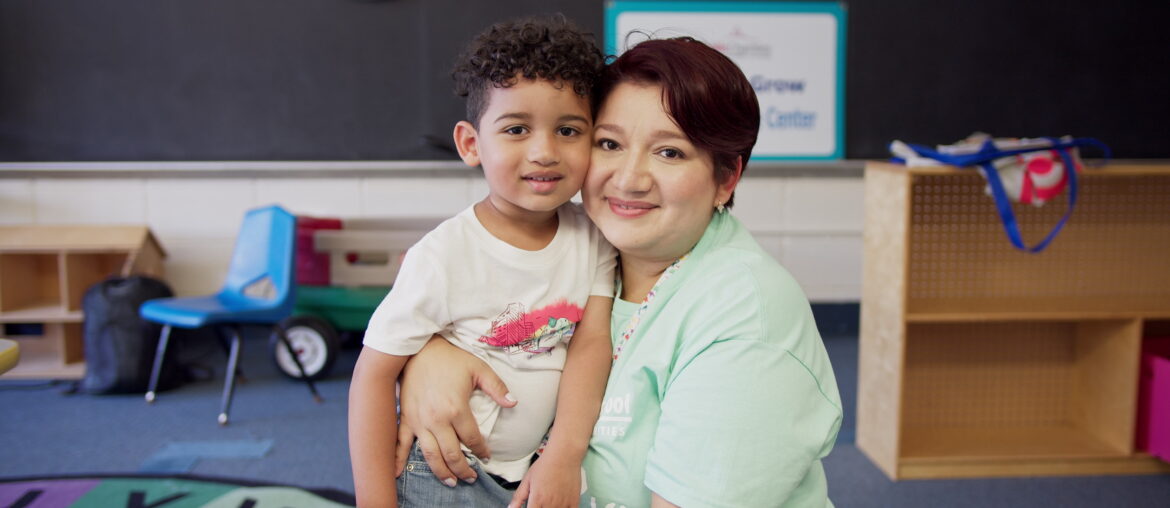
Charity Matters: Did Either of you grow up in families that were very involved in their communities?
Shawnee Knight: My family was always thoughtful of other people, but we didn’t do a lot in terms of being out in the community as much as Tina and I are now. I grew up in a single family household and so I kind of understood. I was on the free and reduced lunch and so I understand the pressures that these families are facing. I think that really was kind of one of my main motivating factors for starting Filling In The Blanks. Being in Fairfield County, CT there’s so many different volunteer opportunities and ways to give back.
Tina Kramer: I grew up in a similar household as Shawnee with a single mom who works all the time. My grandmother pretty much raised me. So there wasn’t really an opportunity to give back to the community at that point in time. When we moved to Connecticut, there are so many volunteer opportunities and that’s where I really learned about volunteering. We decided that we wanted to do something together and that’s how we founded it Filling in the Blanks.
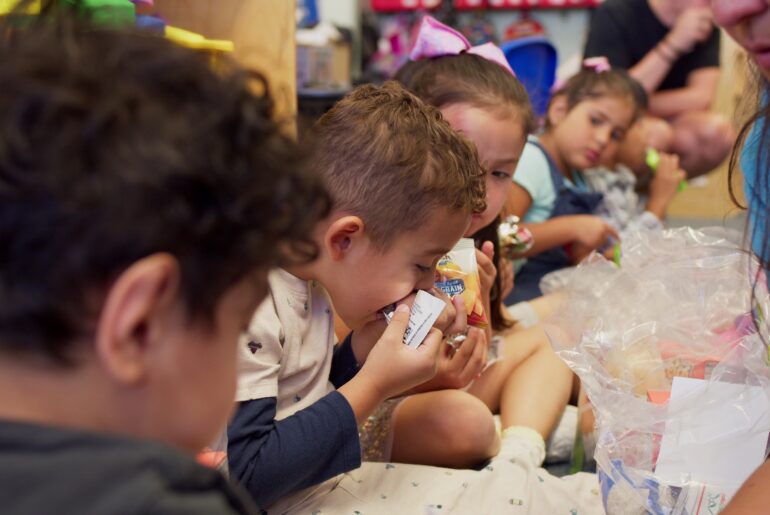
Charity Matters: What was the moment you knew you needed to act and start Filling In the Blanks?
Shawnee Knight: We were riding with a friend into the city, and we were just talking about sports and our kids. And my friend was saying,” The other students on the opposing team don’t often have snacks. So they would bring snacks for the other team.” I was kind of like,” Wait a minute. There’s kids in Fairfield County that don’t have food. Like how I don’t understand that? That can’t be possible. Look at where we live?”
I think Tina and I were at the age where our kids were getting a little bit older. So we were both trying to find something to do, we were next door neighbors. We did some research and learned that there really are food insecure children in our community. And for us, the thought of a kid going without food is just shameful. It’s just wrong.
Tina Kramer: So we saw an article in a magazine about a nonprofit that was a national organization that provided food on the weekends to children. So we became program coordinators. That was our first step and we did the fundraising. We did all the purchasing, but the national organization was more of the parent company.
We would give them our fundraising efforts and they would reimburse us. And we are very type A, we are very gung ho about projects we work on. We decided after probably two or three weeks to use the information from the national organization structure on how to run a nonprofit because neither one of us had ever run a company or any kind of nonprofit before. So that was our stepping stone to the blank.
So we learned how to incorporate our trademark, our logo, articles of incorporation and bylaws. We surround ourselves with good people to help us structure all these things. We started packing bags in my house for 50 kids. We’re tying grocery bags, going to the dollar stores, Costco and loading our Suburbans up which we’re dragging on the floor. And we just learned as we went, and it was so very grassroots in the beginning.
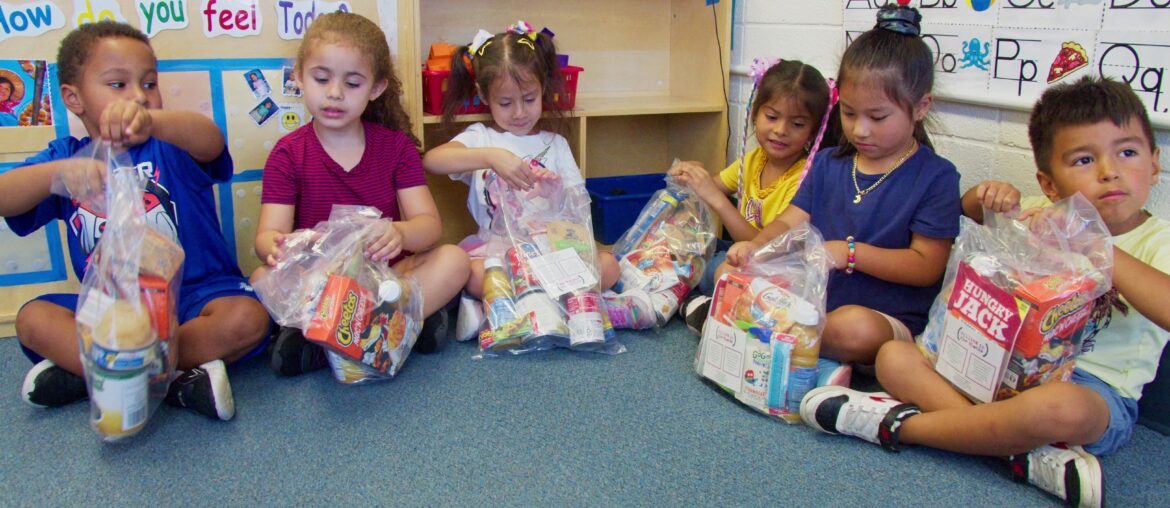
Charity Matters: What are your biggest challenges?
Shawnee Knight: I think definitely finding food suppliers and finding families. and reaching more families. We needed to get a warehouse because we had outgrown Tina’s living room. We had too many kids, and you have to store these bags. We just needed more of a structure for that. And so I think there were challenges, just in doing and getting things done. Realizing people don’t get things done as quickly as we wanted them to get done.
Some of the biggest challenges we face now are reaching more parents. There’s definitely still a lot of parents who don’t know about us and our services.. And I think procuring food, and food costs rising because we purchase all of our food. So we’re fundraising to buy food and with food costs going up, we have to fundraise even more.
Charity Matters: What fuels you to keep doing this work?
Tina Kramer: I don’t think we mentioned this earlier but Shawnee and I are both volunteers. We don’t get paid to run Filling in the Blanks. We have a real desire to help the kids because we both at some point in our lives dealt with food insecurity, one of us in our childhood, the other in our adult life. That really fuels us because we know what these parents are struggling with, and how hard it is. Just to wonder, can I feed my child today? Or do I have to pay the electric bill? So it’s really ingrained in who we are.
We have a great staff that surrounds us and a great group of volunteers. We have a leadership committee of about 10 people, mainly women. Then we have 11 full time employees that really help with the day to day. Besides the bags were packing, we have 7000 volunteers come through our doors on a yearly basis. Wow. So it’s not just Shawnee and I, and our desire, it’s our community. We’re all lifting up our community and the surrounding communities. And that’s really what fuels us.
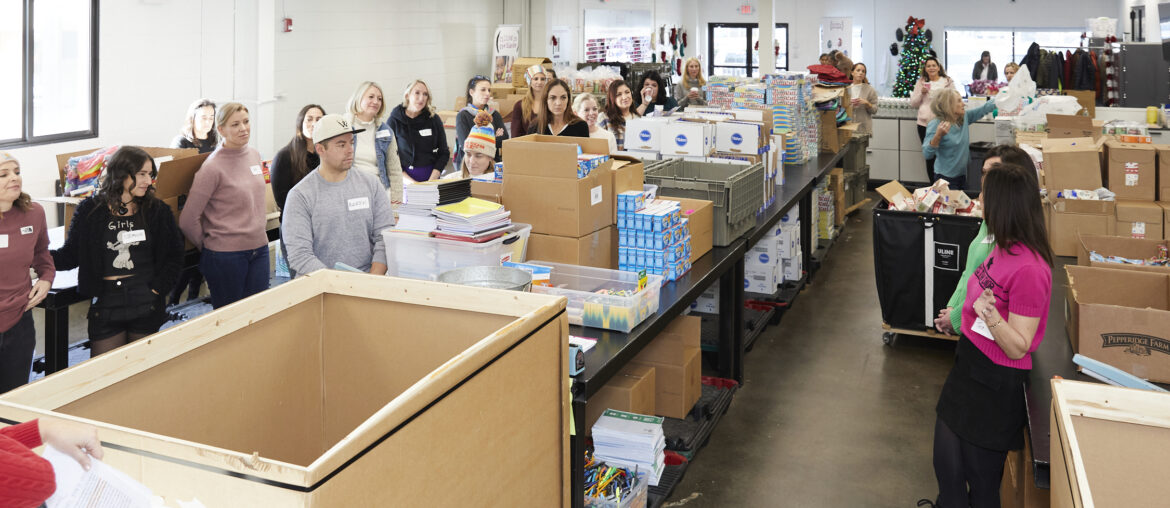
Charity Matters: Tell us what success you have had and what your impact has been?
Shawnee Knight: We do a lot of surveys, to the families, the children, parents, the social workers and teachers at the schools. So we’re able to measure some of those outcomes for students. Then we track the number of meals and we’ve served over 3 million meals. Every week we have 7500 kids that get our weekend meal bags. We’ve launched our Mobile Food Pantry, fresh food on the move. We’ve been distributing about 20,000 pounds of food at each site, which they operate twice a month.
We’ve partnered with Stanford Health to provide various health and wellness wraparound services, so we’re able to see how many people they register for or how many flu shots they gave out. It is really hard because we don’t have access to kids grades, so it’s hard to measure that. But we do measure things like the teacher saying that the child is less disruptive in class.. We’ve had a teacher tell us a story of this. One child she had that just was out of sorts at school and she kind of made him in charge of helping her with the backpack club as they call it, which is when they get their bags. And she said, that she noticed a change in his personality and his self confidence was improved. So we hear little antidote or things like that. Then from our pre-programmed surveys and post-program surveys, we see an increase in happiness or of the child’s well being.
Charity Matters: When do you know you have made a difference?
Tina Kramer: It’s a simple concept that everyone should have access to food and healthy food items. Our volunteers are little kids to adults. We make sure that we can create volunteer opportunities for them to create an impact within Filling in The Blanks.. We’ve created snack bag programs, in addition to our regular weekend meal program. So the younger kids can have a packing event at their home and pack little snacks in a little brown bag that gets distributed to the kids too. So we’re trying to make sure that our volunteers feel the impact that they are creating.
As Shawnee mentioned, we just started a mobile pantry back in October, and we’re serving 1000s of families through that initiative. Through that we’re able to communicate directly to the families and the parents. They tell us the impact that the 50,000 pounds of food they get at the mobile pantry has on their family. Many turned around and now want to know how they can volunteer with us, and how they can give back and how they can help. And that’s just so rewarding. It comes full circle.
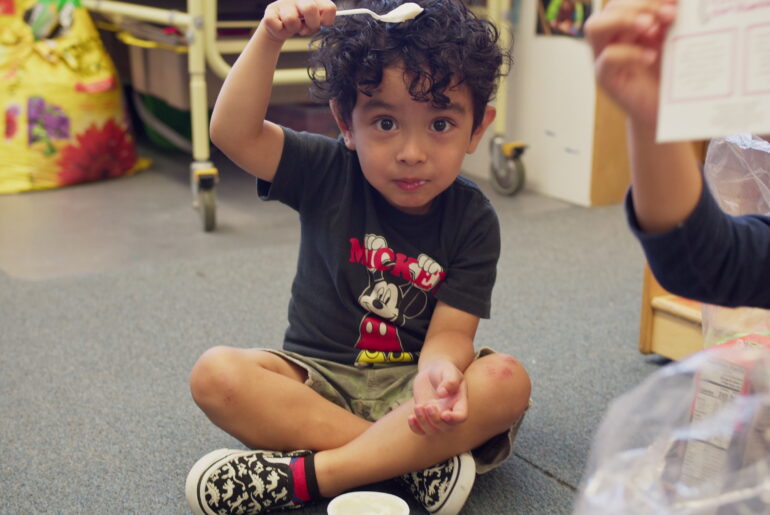
Charity Matters: If you could dream any dream for your organization, what would that be?
Shawnee Knight: For us to be out of business.
Tina Kramer: This year alone we will serve over a million meals and the need is not not going away. We’ll probably serve about 10,000 kids this year, every weekend. We created a year round program for all. Our big dream is potentially it’s on the back burner but I’ll put it out there. We would like to franchise to other states or communities, or do some drop shipping/fulfillment centers to have food delivered directly to the schools. We would take away the need for additional trucks and drivers. We’re trying to figure out how do we replicate or duplicate our program outside of our like immediate area.
Charity Matters: Do you have a Phrase or Motto that you live by?
Tina Kramer:One of our board members always said, “If you can, you should.” And that kind of really encompasses Filling in the Blanks. Because really, anyone, a little kid to a senior citizen can make a difference here, it’s packing the bag, spreading the word, liking something on social media, it doesn’t have to be dollars, it could just not just it can be your time, even if it’s five minutes.
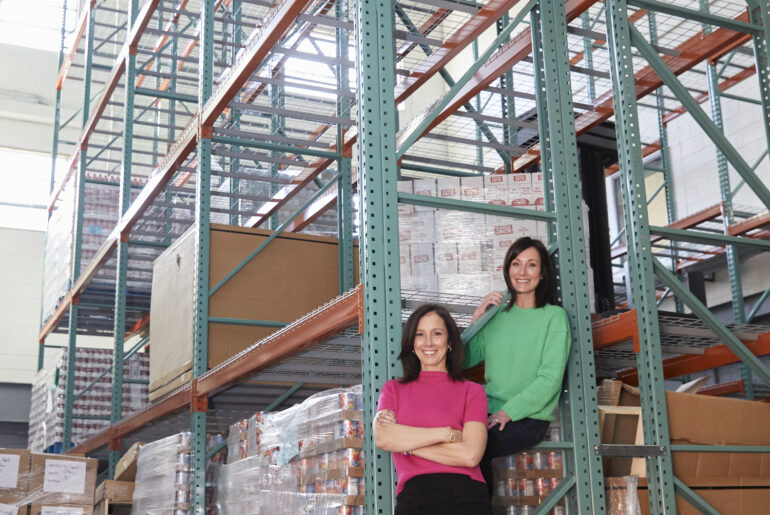
Charity Matters: How has this journey changed you?
Shawnee Knight: I think so. I think we were nervous when we first started this. We didn’t know what to expect. You never know how much pressure you can take or how much weight your shoulders can hold. So I think we’ve grown a lot in that sense. I mean, we’re running a really big nonprofit with a big operating budget and expenses. You never know how much of that stress you can take and I think we’ve learned to stomach quite a bit of it.
Tina Kramer: We’re the perfect ying and yang. I think it’s given me a lot more confidence than I had before. I never thought I could run my own business and didn’t know how to read a spreadsheet. And now we’re dealing like Shawnee said, with a multimillion dollar budget. It’s given me confidence in who I am, not only here, but in normal life and at home. It’s just been a great learning experience over the past 11 years.
Charity Matters: What life lessons have you learned from this experience?
Tina Kramer: That people are good. And they want to do good. I come from nothing and I’m not used to being encompassed or embraced by our community. This community that we’ve created together, really has shown me how good people are and how they’re always willing to help. It’s just a beautiful thing.
Shawnee Knight: If you build it, they will come.
CHARITY MATTERS.
YOUR REFERRAL IS THE GREATEST COMPLIMENT, IF YOU ARE SO MOVED OR INSPIRED, WE WOULD LOVE YOU TO SHARE AND INSPIRE ANOTHER. If you enjoyed today’s episode, please connect with us:
- www.Charity-Matters.com
- On IG @Charitymatters
- Post a screenshot & key takeaway on your IG story and tag me @heidijohnsonoffical and @Charitymatters so we can repost you.
- Leave a positive review on Apple Podcasts
- Subscribe to new episodes each week!
Copyright © 2024 Charity Matters. This article may not be reproduced without explicit written permission; if you are not reading this in your newsreader, the site you are viewing is illegally infringing our copyright. We would be grateful if you contact us.

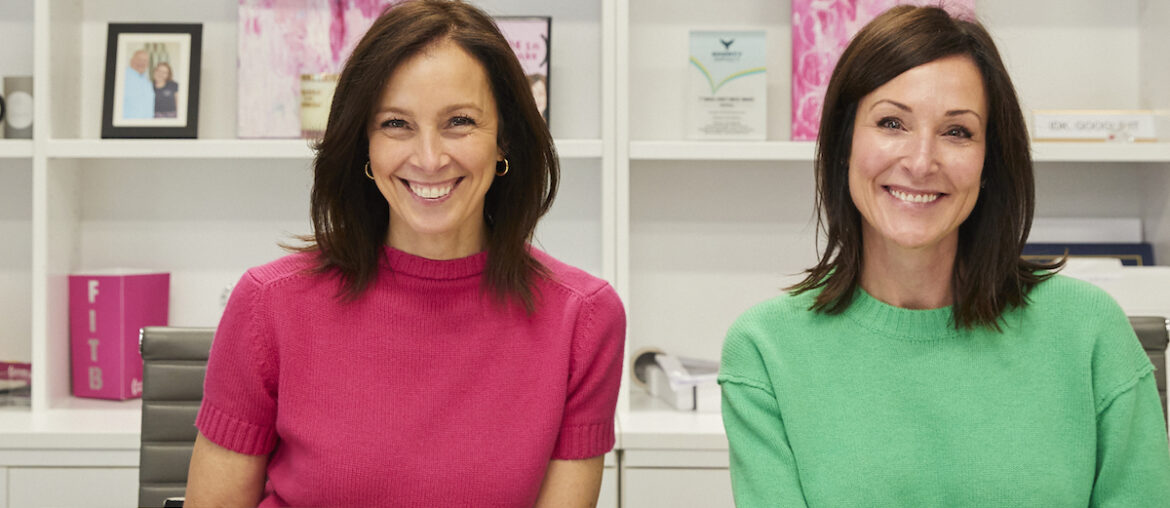


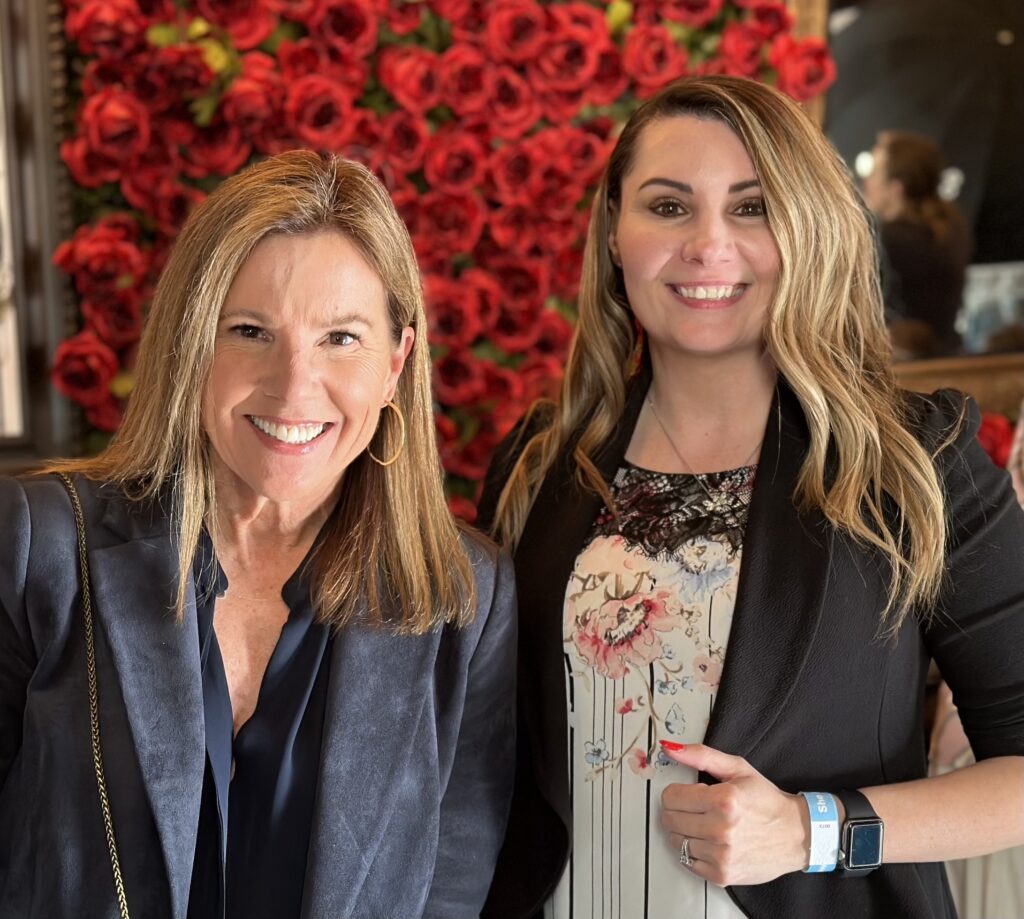
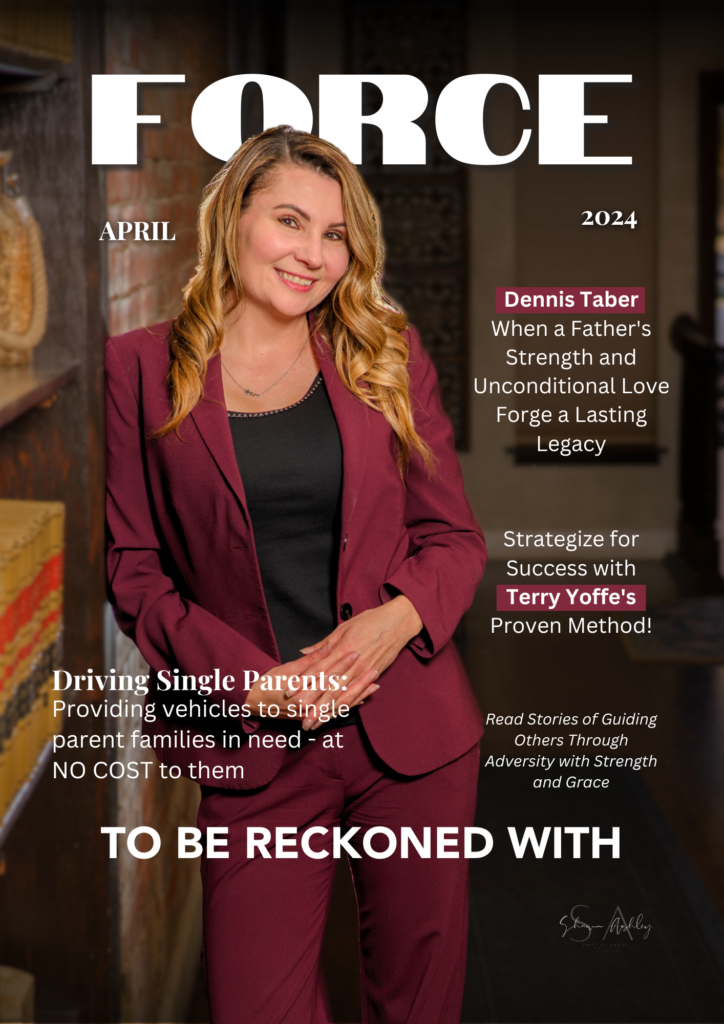

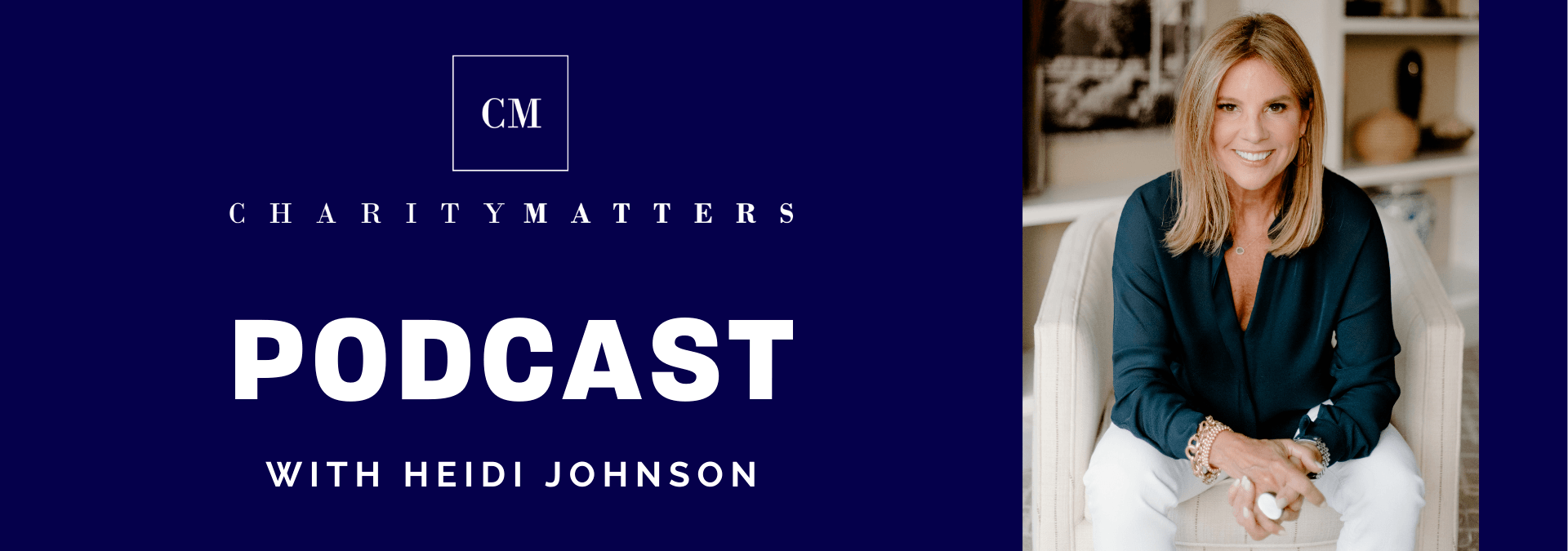
 It is hard to believe that Spring break has arrived and Easter is this weekend. Easter means time with family, a small pause for gratitude, the beauty of Spring….and of course chocolate!
It is hard to believe that Spring break has arrived and Easter is this weekend. Easter means time with family, a small pause for gratitude, the beauty of Spring….and of course chocolate!